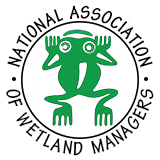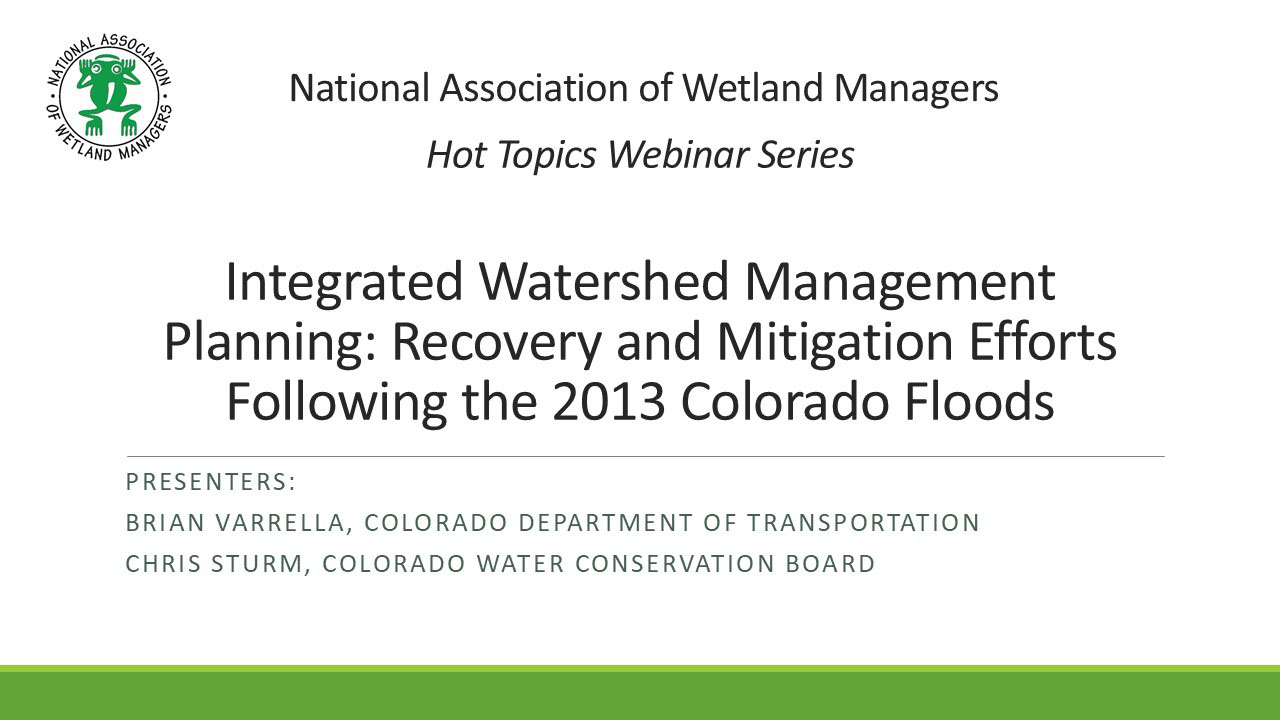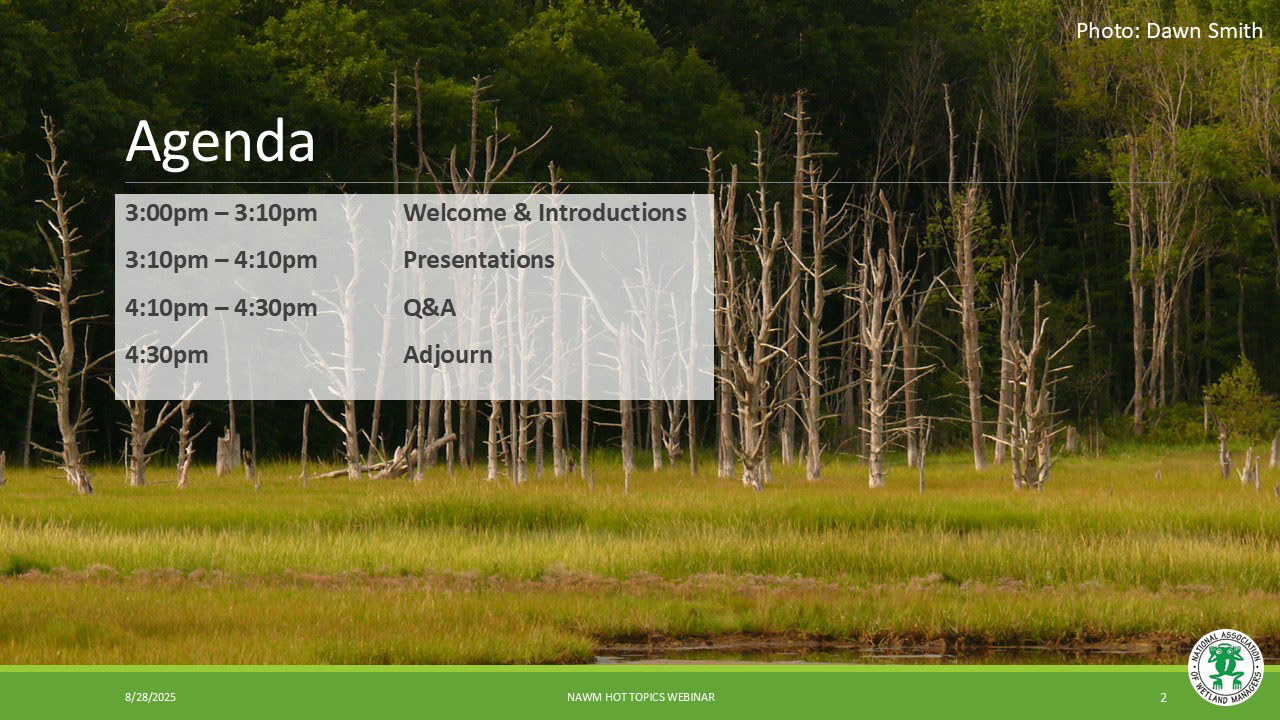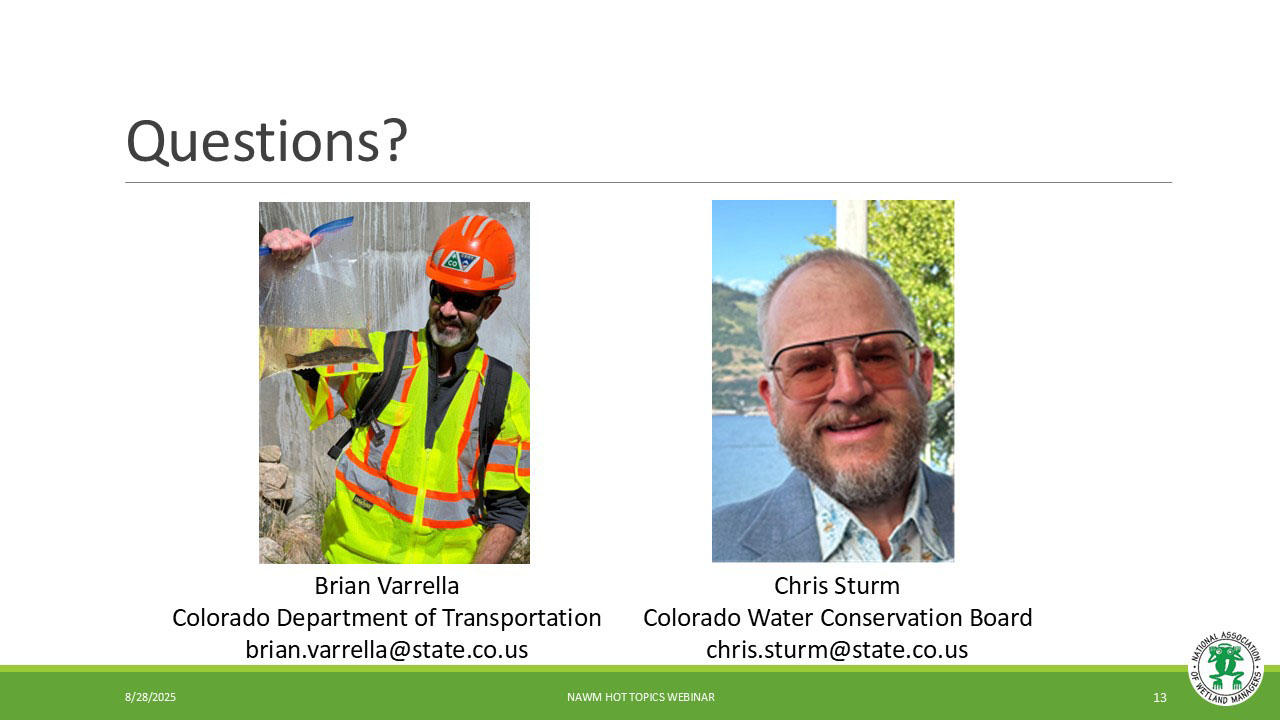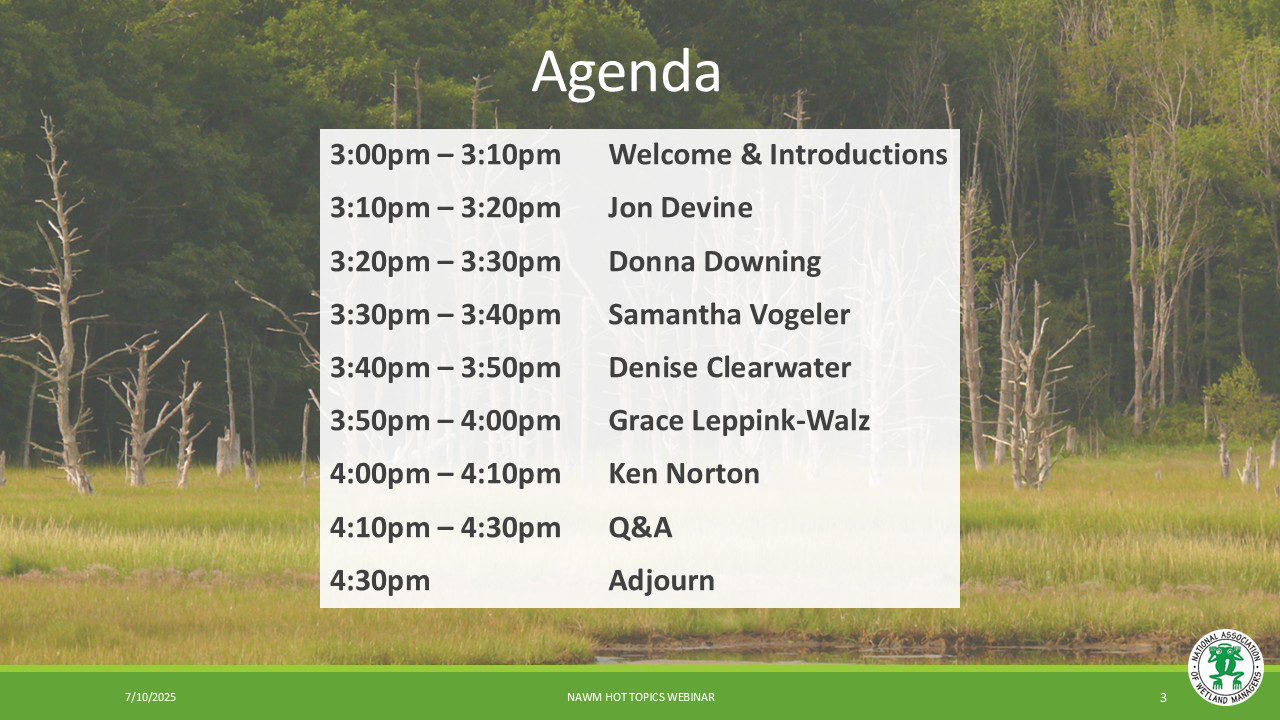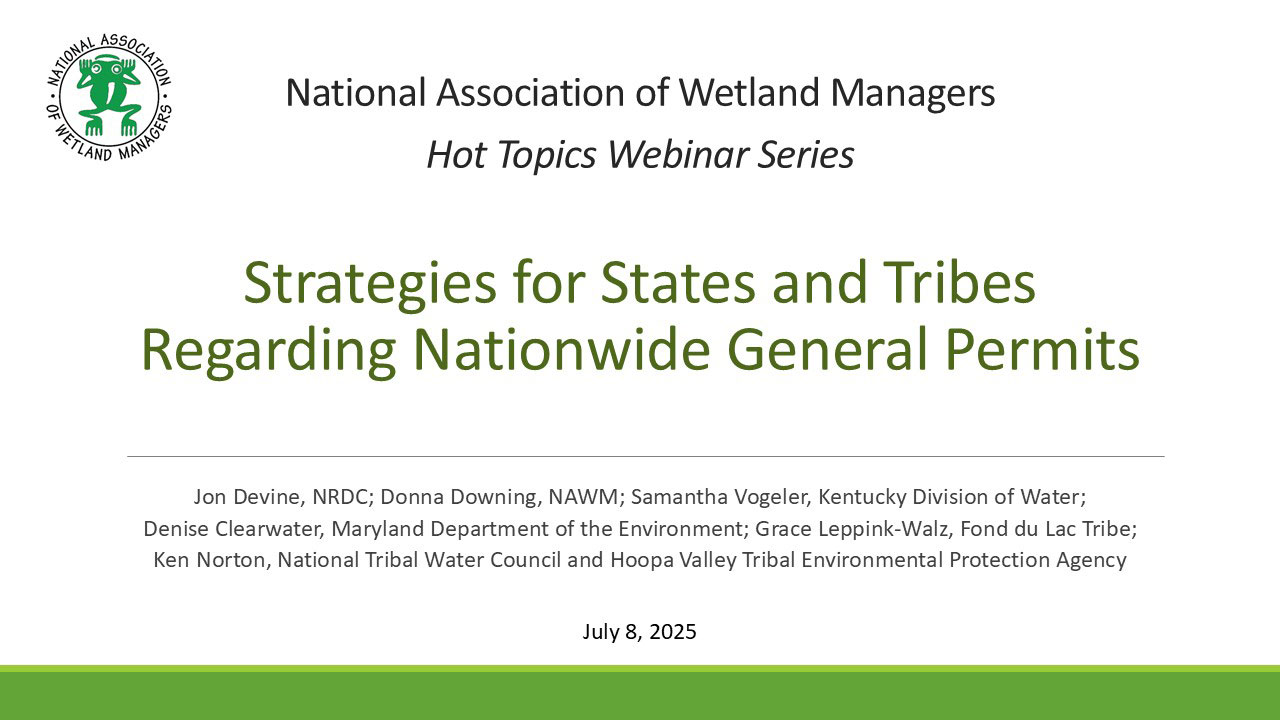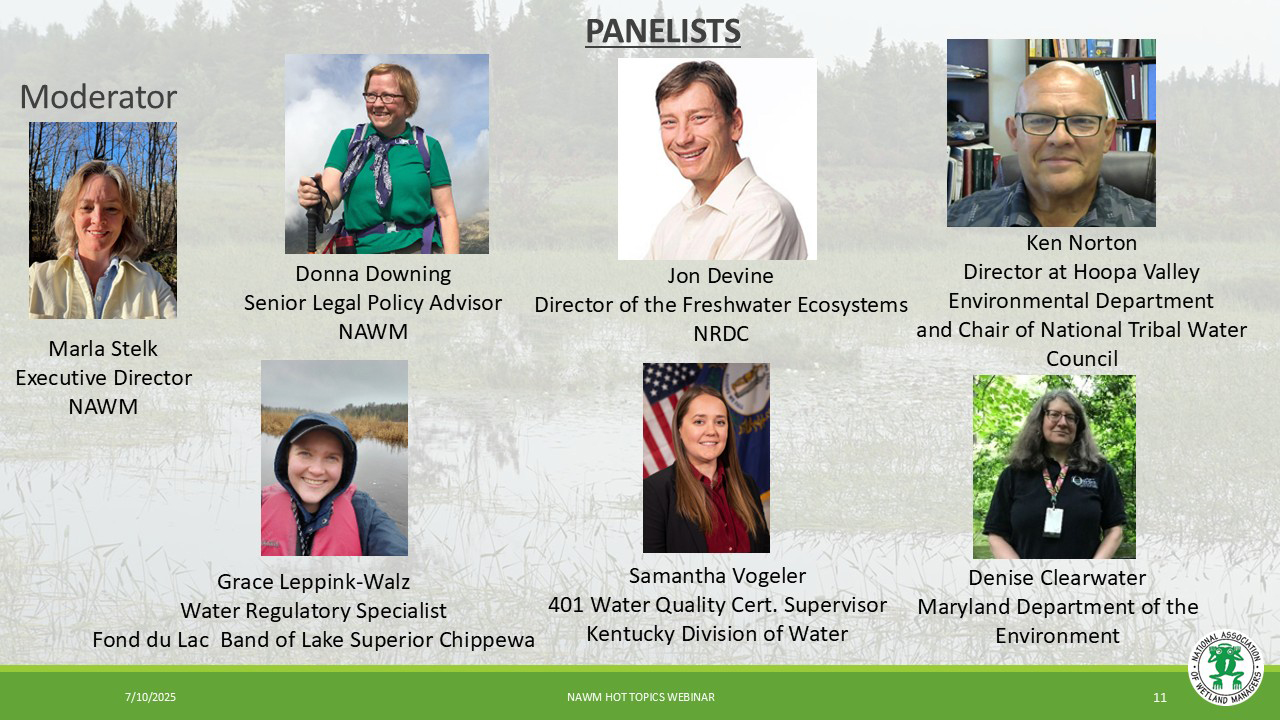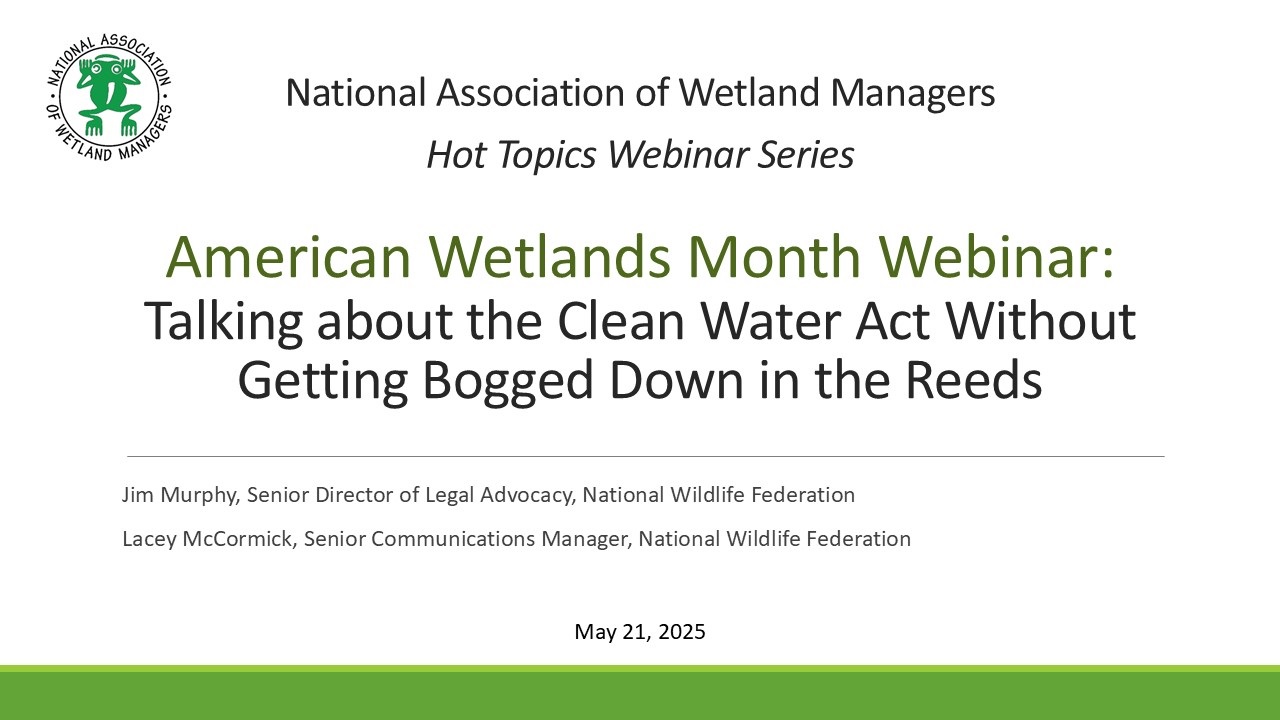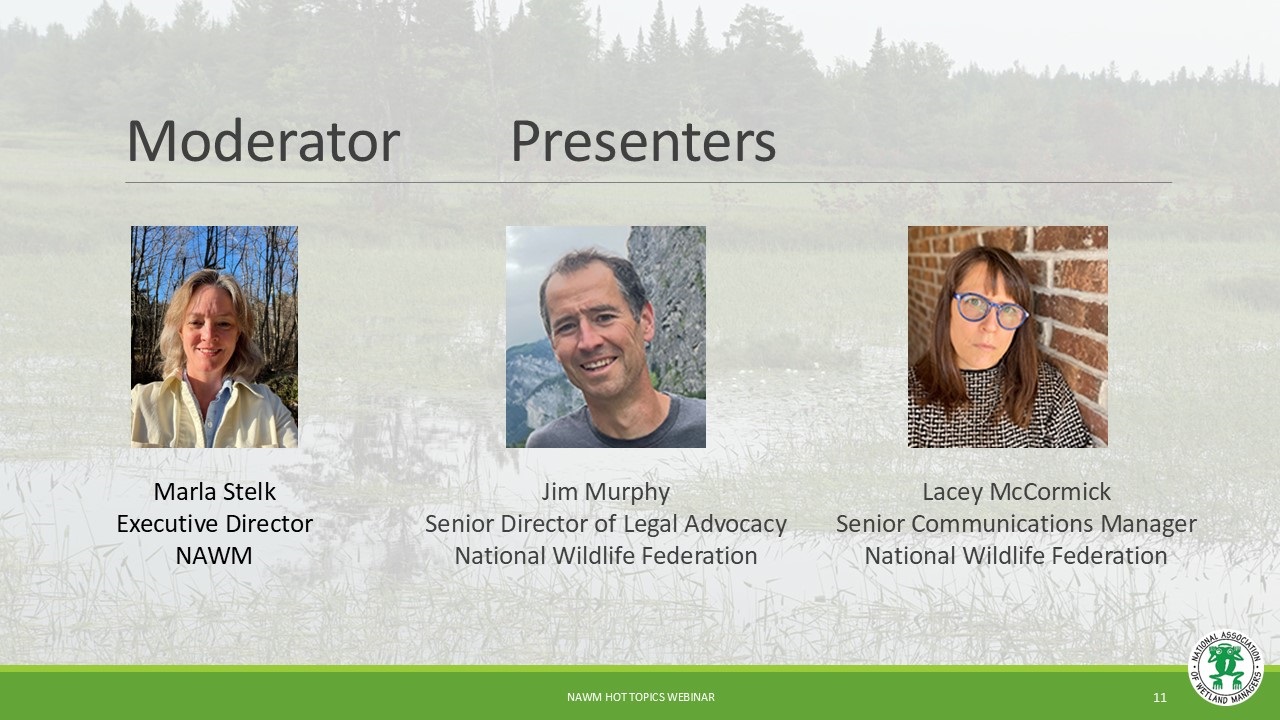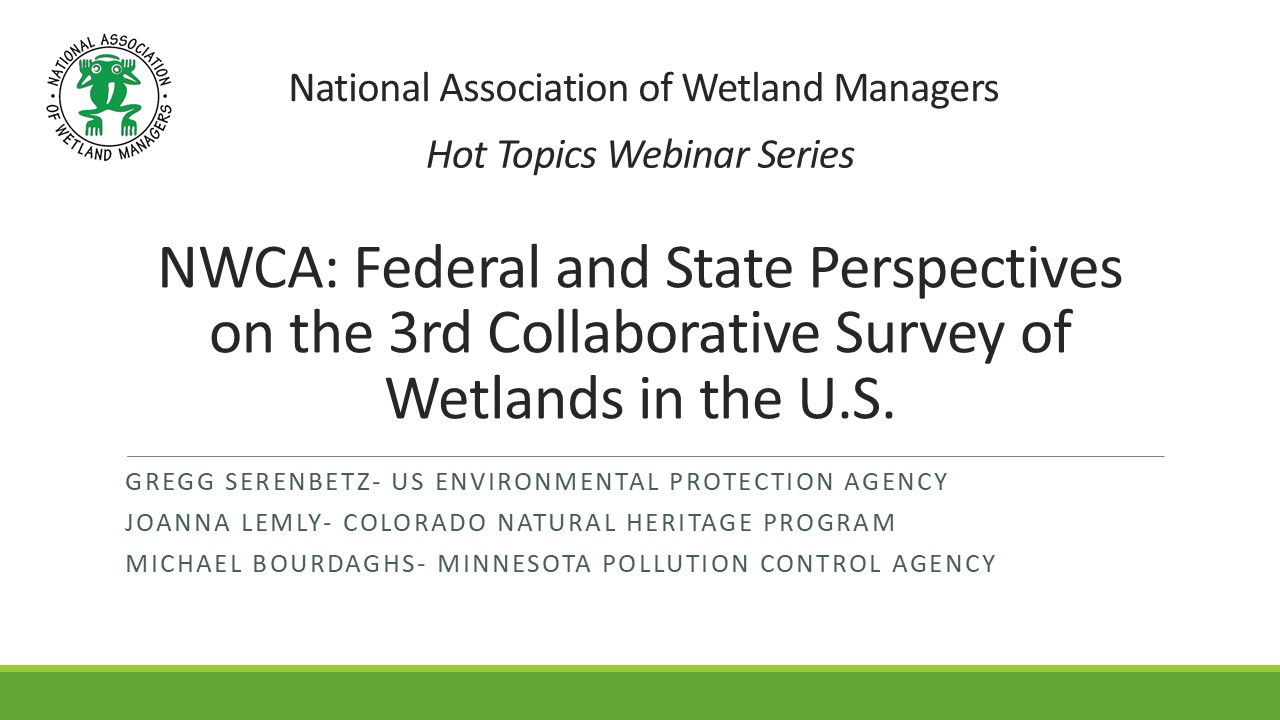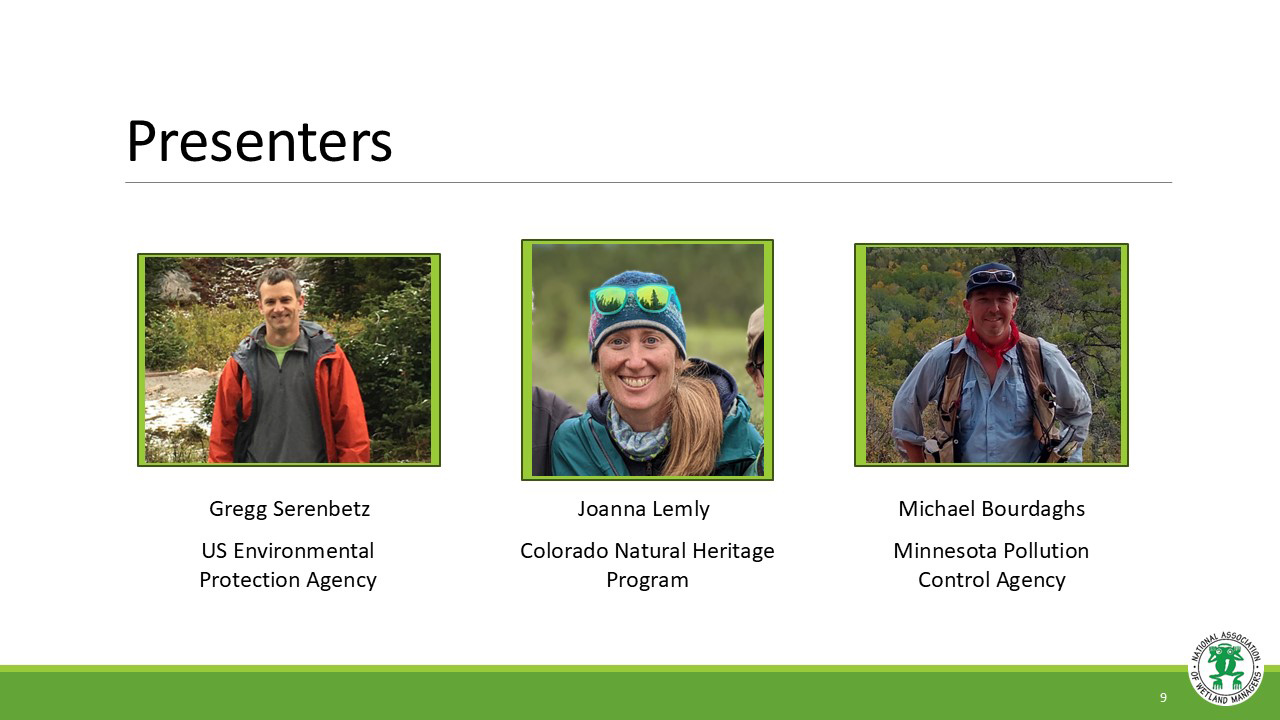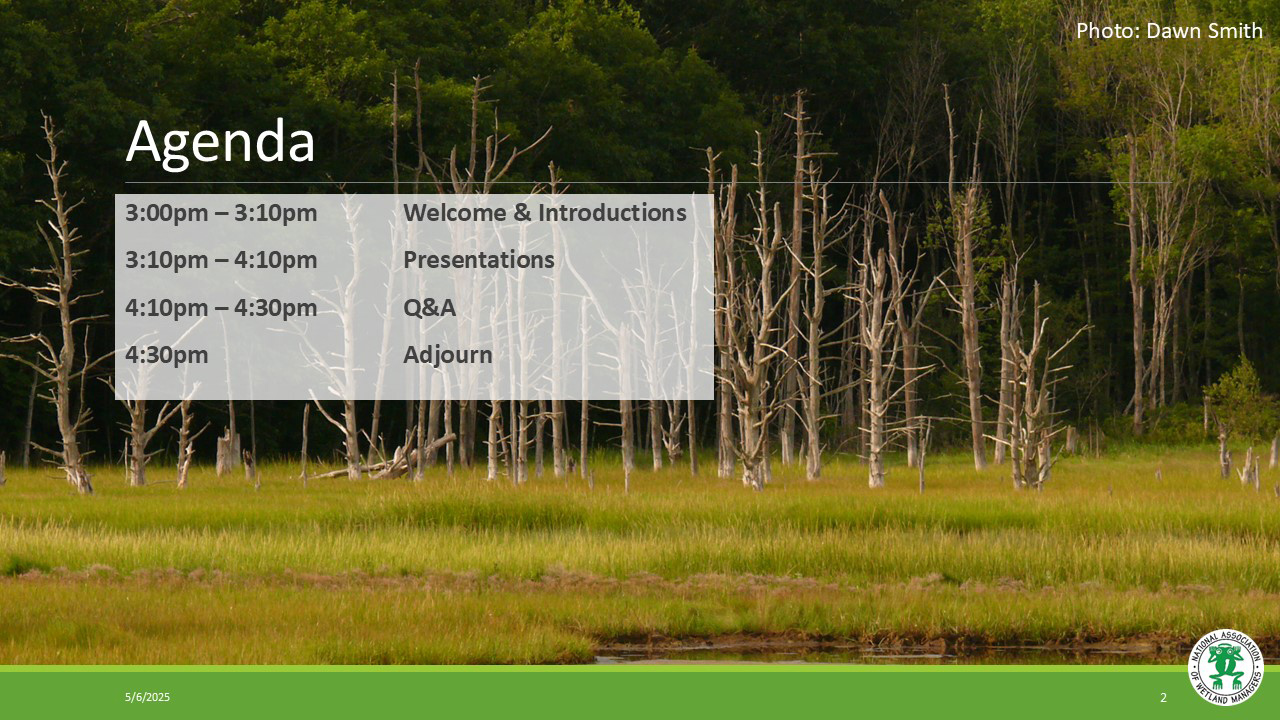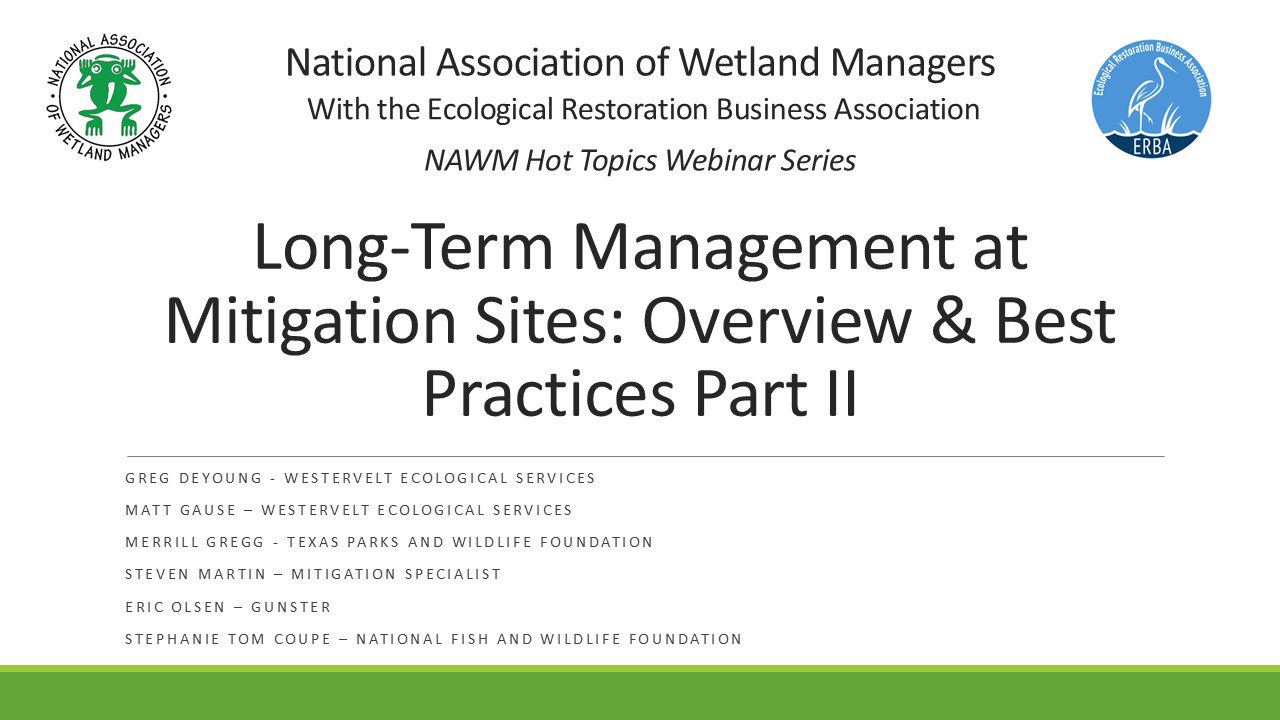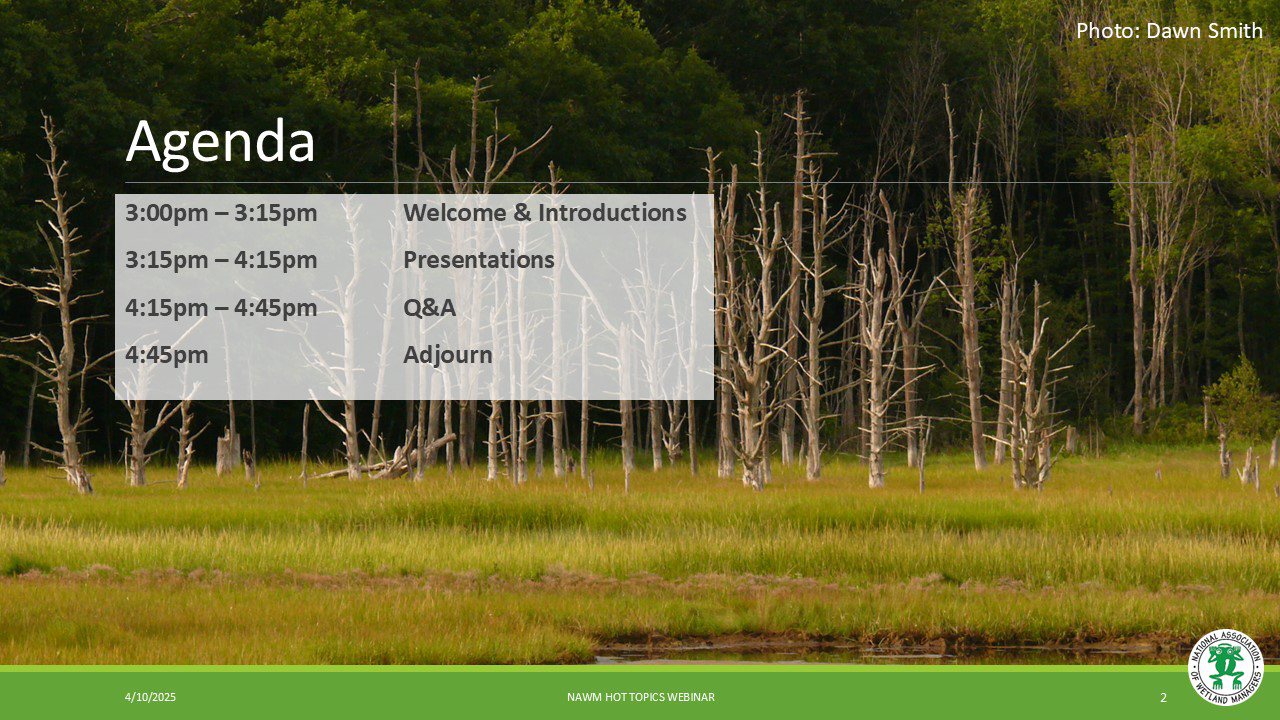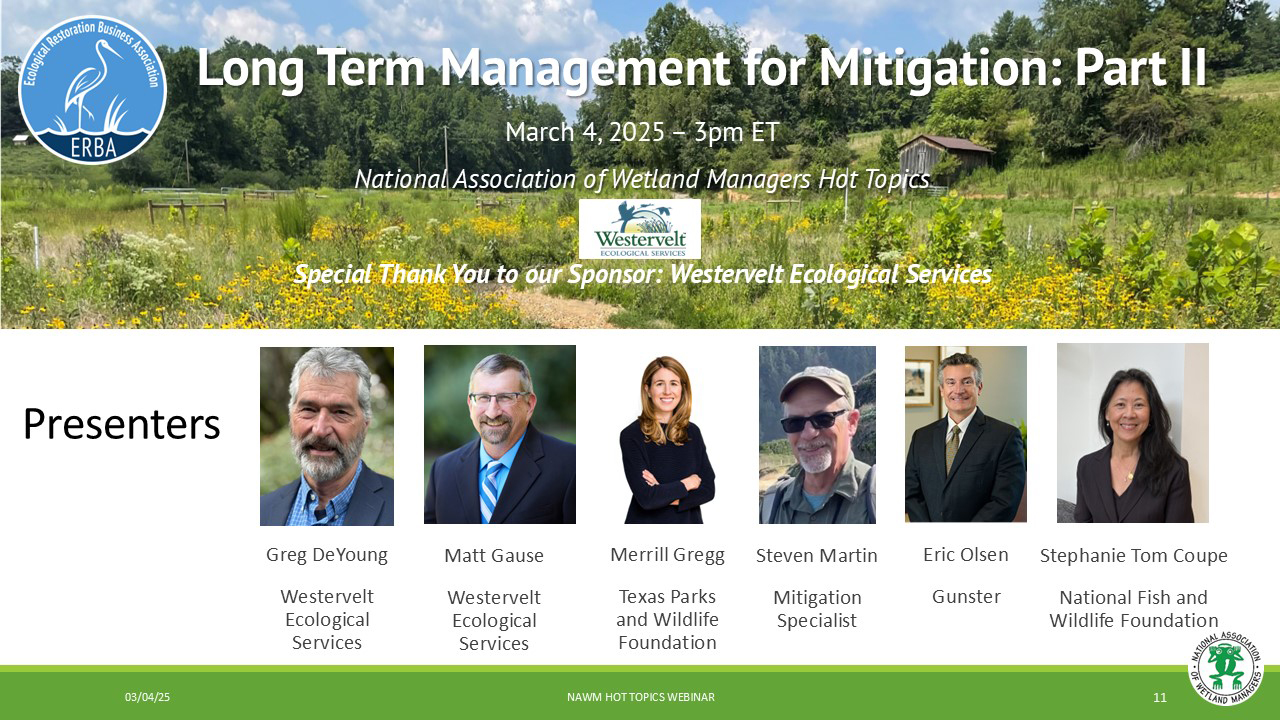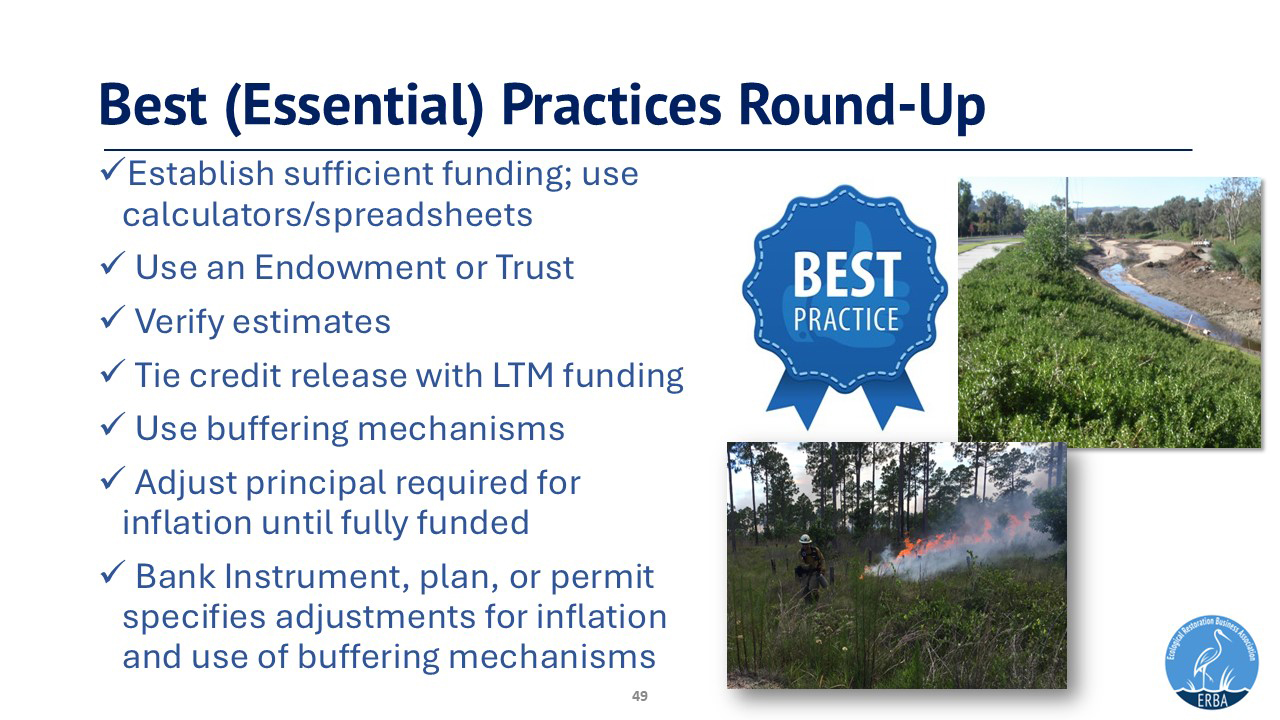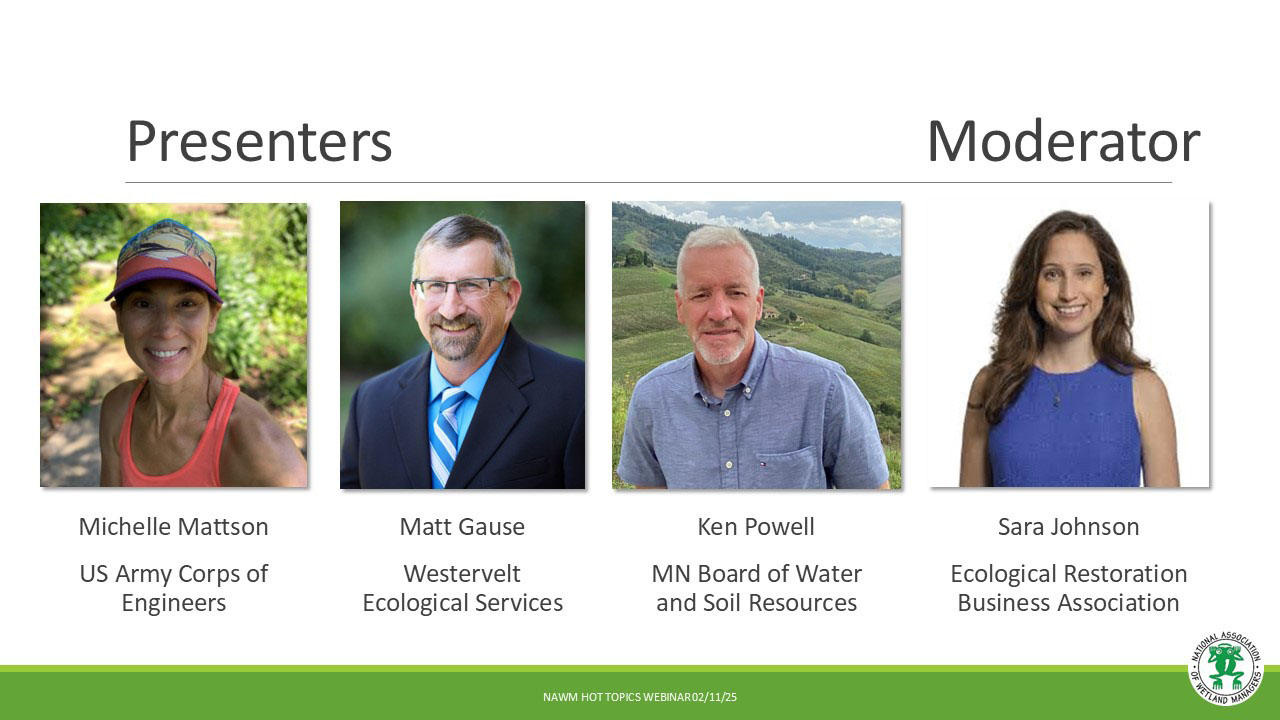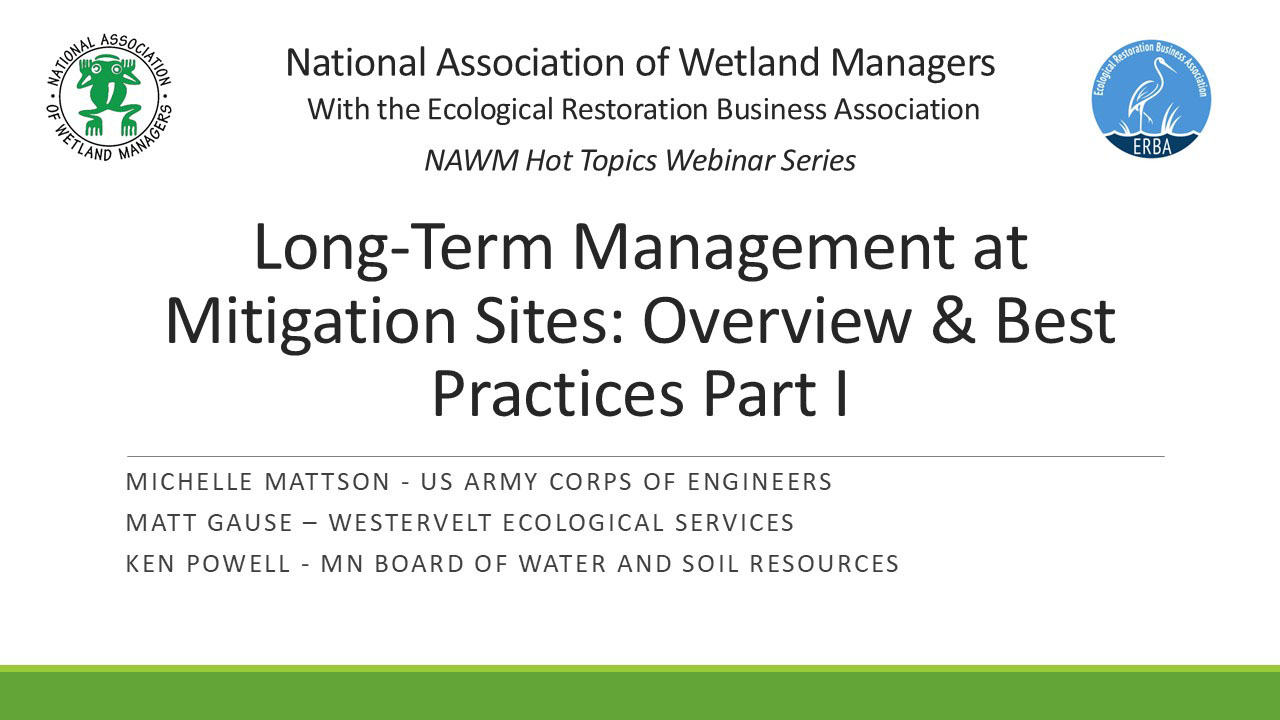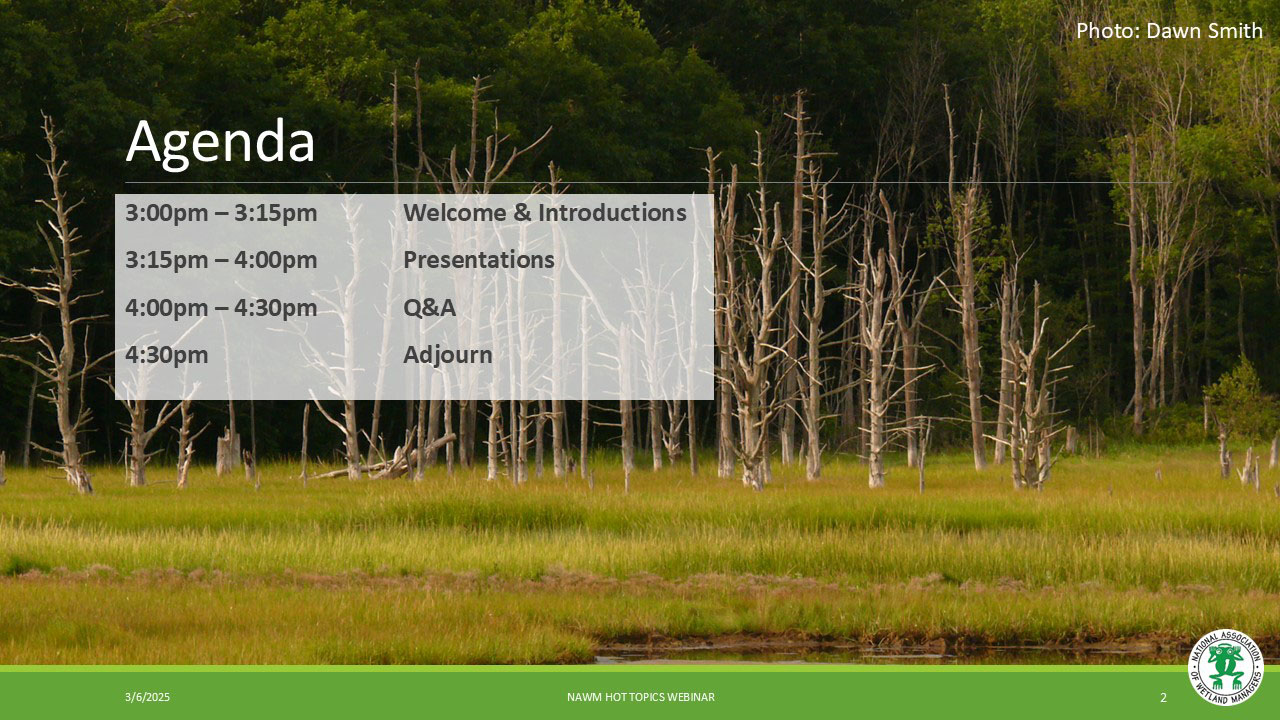Integrated Watershed Management Planning: Recovery and Mitigation Efforts Following the 2013 Colorado Floods
Held Wednesday, August 20, 2025 - 3:00-4:30 p.m. EDT
INTRODUCTION
- Ian Grosfelt, National Association of Wetland Managers [Presentation PDF]
PRESENTERS
- Brian Varrella, Colorado Department of Transportation [PDF Presentation]
- Chris Sturm, Colorado Water Conservation Board
ABSTRACT
In early September 2013 several days of heavy rain led to massive flooding across Colorado’s front range communities. Streams reclaimed floodplains, destroyed roads, bridges, homes, and other infrastructure. Over the next five years many coalitions of river and highway professionals and local citizens implemented 117 river restoration projects and 200 infrastructure projects in ten different watersheds that drain from the continental divide to the front range. The Colorado Water Conservation Board, an agency within Colorado’s Department of Natural Resources, led the effort to restore riverscapes within these watersheds. The Colorado Department of Transportation worked with these same partners to restore highways completely washed away from the same work areas. The resulting symbiosis created a new multi-agency standard of practice.
BIO
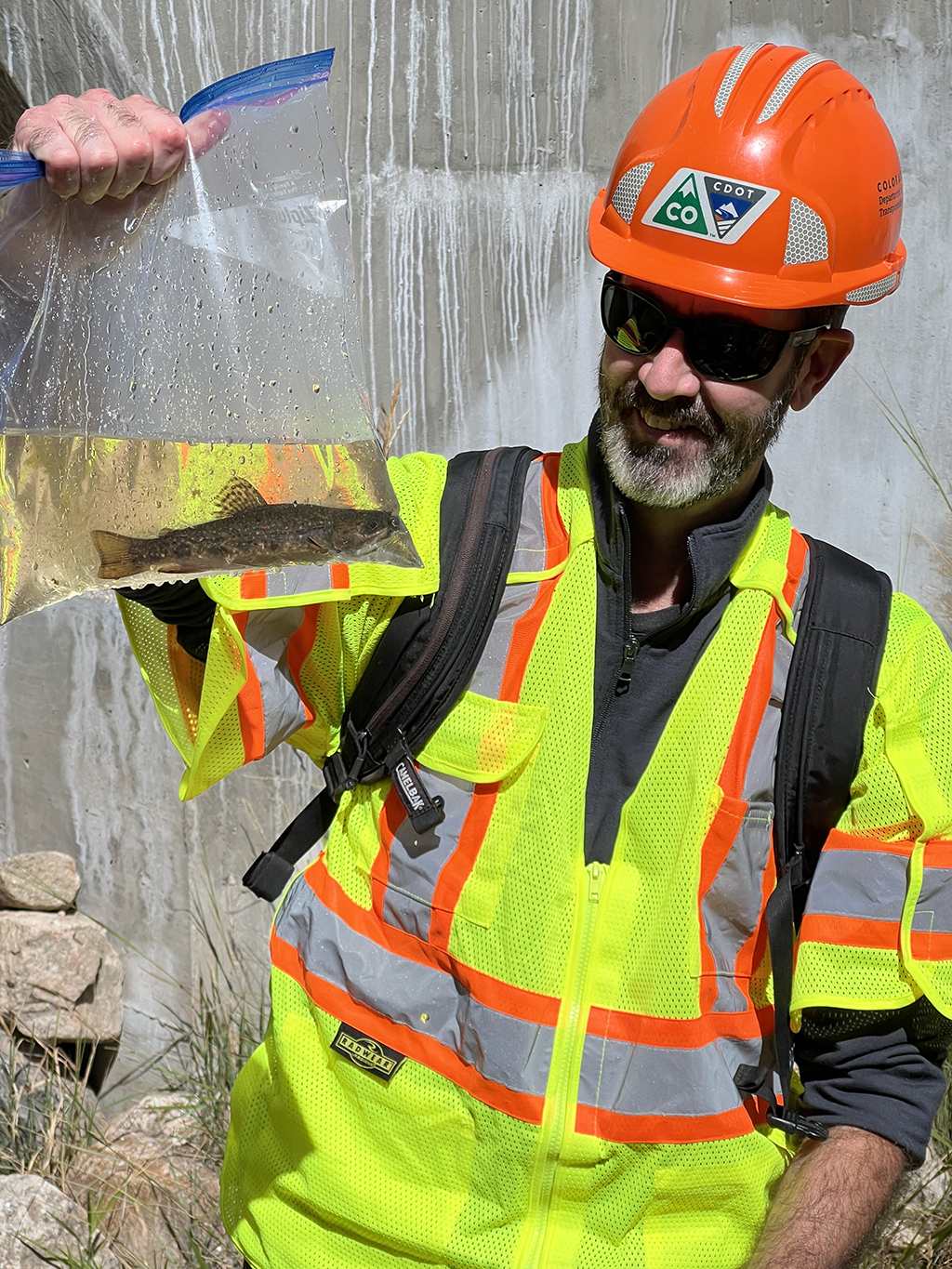 Brian Varrella is the Resident Engineer of the Hydraulics group at the Colorado Department of Transportation, Region 4 (northeast). He specializes in hydraulic analysis, floodplain management and wildfire recovery, and has contributed to projects and trainings in 23 states. He has 9 years of private sector experience, 9 years as a local floodplain manager, and just completed 10 years in service at the State of Colorado. Brian had the privilege of leading the team that delivered the last two 2013 Flood Disaster recovery projects for CDOT with $70 million of federal disaster aid and supported another $680 million of work across the state, and also supported wildfire recovery from the High Park Fire in 2013 through the Emergency Watershed Protection Program with the City of Fort Collins. He is the survivor of 3 flood disasters and has dedicated his career to making communities more resilient to foreseeable natural hazards.
Brian Varrella is the Resident Engineer of the Hydraulics group at the Colorado Department of Transportation, Region 4 (northeast). He specializes in hydraulic analysis, floodplain management and wildfire recovery, and has contributed to projects and trainings in 23 states. He has 9 years of private sector experience, 9 years as a local floodplain manager, and just completed 10 years in service at the State of Colorado. Brian had the privilege of leading the team that delivered the last two 2013 Flood Disaster recovery projects for CDOT with $70 million of federal disaster aid and supported another $680 million of work across the state, and also supported wildfire recovery from the High Park Fire in 2013 through the Emergency Watershed Protection Program with the City of Fort Collins. He is the survivor of 3 flood disasters and has dedicated his career to making communities more resilient to foreseeable natural hazards.
Please click only once on each video recording to view in this window.

Strategies for States and Tribes Regarding Nationwide General Permits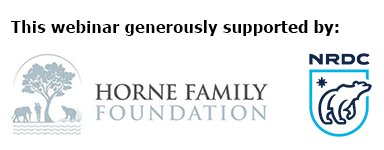
Held Tuesday, July 8, 2025 - 3:00-4:30 p.m. EDT

ABSTRACT
This webinar explored how states, tribes, and the public can prepare to help shape the new package of Nationwide General Permits (NWPs) that will take effect early March 2026. The Corps reissues NWPs every five years and must propose the draft NWPs for public comment and for water quality certification under Clean Water Act section 401. The official notice was posted in the Federal Register on June 16th with only a 30-day commenting window. The expiring NWP package raised numerous issues when they were proposed in 2020, both substantive and procedural, and many expect similar issues to recur in the new package. This webinar first provided a general overview of NWPs as well as the section 401 water quality certification process. Then, state and tribal staff who reviewed and commented on past NWPs explored how agencies and the public can prepare for what is expected to be a short window for public comments on the draft permits. Speakers also discussed data and analyses that state and tribal certifying agencies could begin to collect now that made informed water quality certification decisions. The webinar followed with Q&As.
INTRODUCTION
- Marla Stelk, National Association of Wetland Managers [Presentation PDF]
PANELISTS:
- Jon Devine, NRDC [Presentations PDF]
- Donna Downing, NAWM [Presentations PDF]
- Samantha Vogeler, Kentucky Division of Water [Presentations PDF]
- Denise Clearwater, Maryland Department of the Environment [Presentations PDF]
- Grace Leppink-Walz, Fond du Lac Tribe [Presentations PDF]
- Ken Norton, National Tribal Water Council and Director of the Hoopa Valley Tribal Environmental Protection Agency
BIOS
 Jon Devine leads NRDC’s federal water policy team. His work focuses on implementing, defending , and strengthening the core programs under the Clean Water Act. Prior to working on water policy, he worked with NRDC’s Health & Environment program for four years. Previously, he served as an attorney-adviser in the U.S. Environmental Protection Agency’s Office of General Counsel and also worked as an environmental specialist in Maine’s Department of Environmental Protection. Devine graduated from Bowdoin College and received his JD from Georgetown University. He is based in NRDC’s Washington, D.C., office.
Jon Devine leads NRDC’s federal water policy team. His work focuses on implementing, defending , and strengthening the core programs under the Clean Water Act. Prior to working on water policy, he worked with NRDC’s Health & Environment program for four years. Previously, he served as an attorney-adviser in the U.S. Environmental Protection Agency’s Office of General Counsel and also worked as an environmental specialist in Maine’s Department of Environmental Protection. Devine graduated from Bowdoin College and received his JD from Georgetown University. He is based in NRDC’s Washington, D.C., office.
 Donna Downing is the Senior Legal Policy Advisor at the National Association of Wetland Managers. Donna was the Jurisdiction Team Leader in the U.S. Environmental Protection Agency’s (EPA) Office of Wetlands, Oceans, and Watersheds from 2007-2020. Donna worked on a variety of issues at EPA, with a focus in recent years on the geographic scope of the Clean Water Act (CWA) in light of the U.S. Supreme Court decisions. She also served as EPA’s staff lead for CWA section 401 water quality certification, and on wetland-related legal issues. Prior to joining EPA in 1998, Donna worked for the U.S. Congress Office of Technology Assessment and in private law practice. She has a BA magna cum laude from Harvard University, an MPP from the University of California at Berkeley, a JD cum laude from Georgetown University Law School, and an LLM in Environmental Law summa cum laude from George Washington University Law School. Donna has been an adjunct professor at George Washington University Law School since 1996, teaching environmental law.
Donna Downing is the Senior Legal Policy Advisor at the National Association of Wetland Managers. Donna was the Jurisdiction Team Leader in the U.S. Environmental Protection Agency’s (EPA) Office of Wetlands, Oceans, and Watersheds from 2007-2020. Donna worked on a variety of issues at EPA, with a focus in recent years on the geographic scope of the Clean Water Act (CWA) in light of the U.S. Supreme Court decisions. She also served as EPA’s staff lead for CWA section 401 water quality certification, and on wetland-related legal issues. Prior to joining EPA in 1998, Donna worked for the U.S. Congress Office of Technology Assessment and in private law practice. She has a BA magna cum laude from Harvard University, an MPP from the University of California at Berkeley, a JD cum laude from Georgetown University Law School, and an LLM in Environmental Law summa cum laude from George Washington University Law School. Donna has been an adjunct professor at George Washington University Law School since 1996, teaching environmental law.
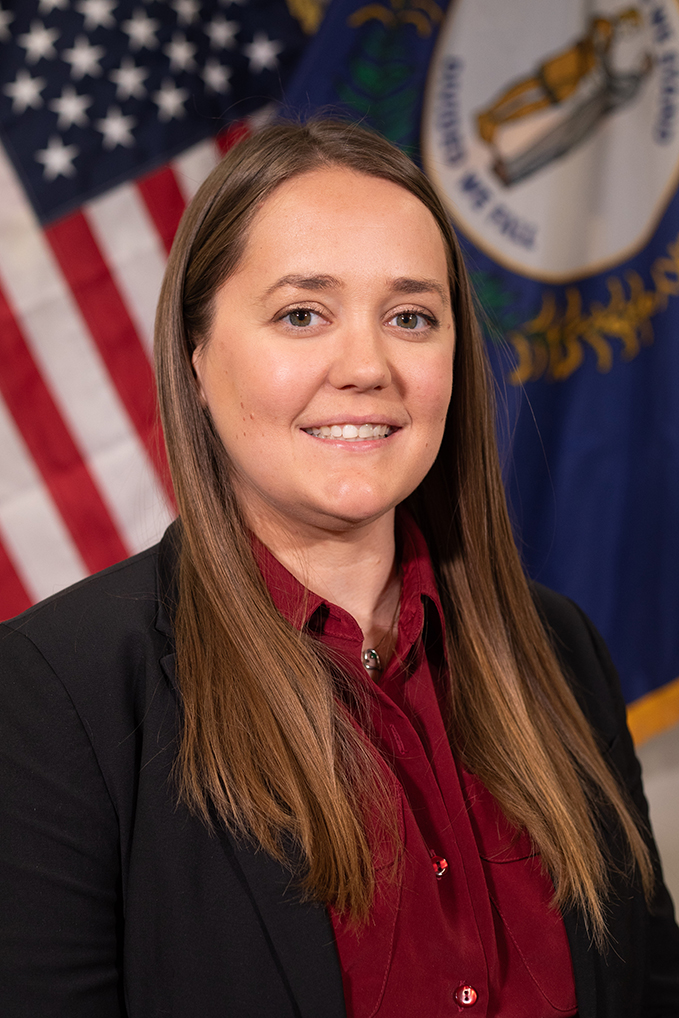 Samantha Vogeler has worked for the Kentucky Division of Water since 2015. With a strong regulatory background, she has extensive experience in implementing regulations under the Clean Water Act and the Safe Drinking Water Act. She is the Supervisor for the Kentucky 401 Water Quality Certification Section, where she ensures statewide implementation and compliance with the 401 Water Quality Certification Program and serves on the Kentucky Interagency Review Team. Since 2019, Samantha has served on the National Association of Wetland Managers Board of Directors and is currently the Vice Chair. Outside of work, she enjoys spending time with her family, playing sports, traveling, and exploring the outdoors.
Samantha Vogeler has worked for the Kentucky Division of Water since 2015. With a strong regulatory background, she has extensive experience in implementing regulations under the Clean Water Act and the Safe Drinking Water Act. She is the Supervisor for the Kentucky 401 Water Quality Certification Section, where she ensures statewide implementation and compliance with the 401 Water Quality Certification Program and serves on the Kentucky Interagency Review Team. Since 2019, Samantha has served on the National Association of Wetland Managers Board of Directors and is currently the Vice Chair. Outside of work, she enjoys spending time with her family, playing sports, traveling, and exploring the outdoors.
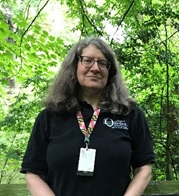 Denise Clearwater has worked in Maryland’s wetland programs since 1986. She has a background in developing and implementing programs in wetland regulation, wetland training, and mitigation, as well as managing special projects for grants and program improvement and assisting in policy development. She has represented the Wetlands and Waterways Program in the Maryland Department of the Environment on numerous interagency work groups for regulatory, wetland monitoring, restoration, preservation and stream health and is a past co-chair of the Chesapeake Bay Program Wetland Work Group. She is also a member of the Society of Wetland Scientists. Denise has a B.S. in zoology from the University of Maryland and an M.S. in wildlife management from Frostburg State College (now University).
Denise Clearwater has worked in Maryland’s wetland programs since 1986. She has a background in developing and implementing programs in wetland regulation, wetland training, and mitigation, as well as managing special projects for grants and program improvement and assisting in policy development. She has represented the Wetlands and Waterways Program in the Maryland Department of the Environment on numerous interagency work groups for regulatory, wetland monitoring, restoration, preservation and stream health and is a past co-chair of the Chesapeake Bay Program Wetland Work Group. She is also a member of the Society of Wetland Scientists. Denise has a B.S. in zoology from the University of Maryland and an M.S. in wildlife management from Frostburg State College (now University).
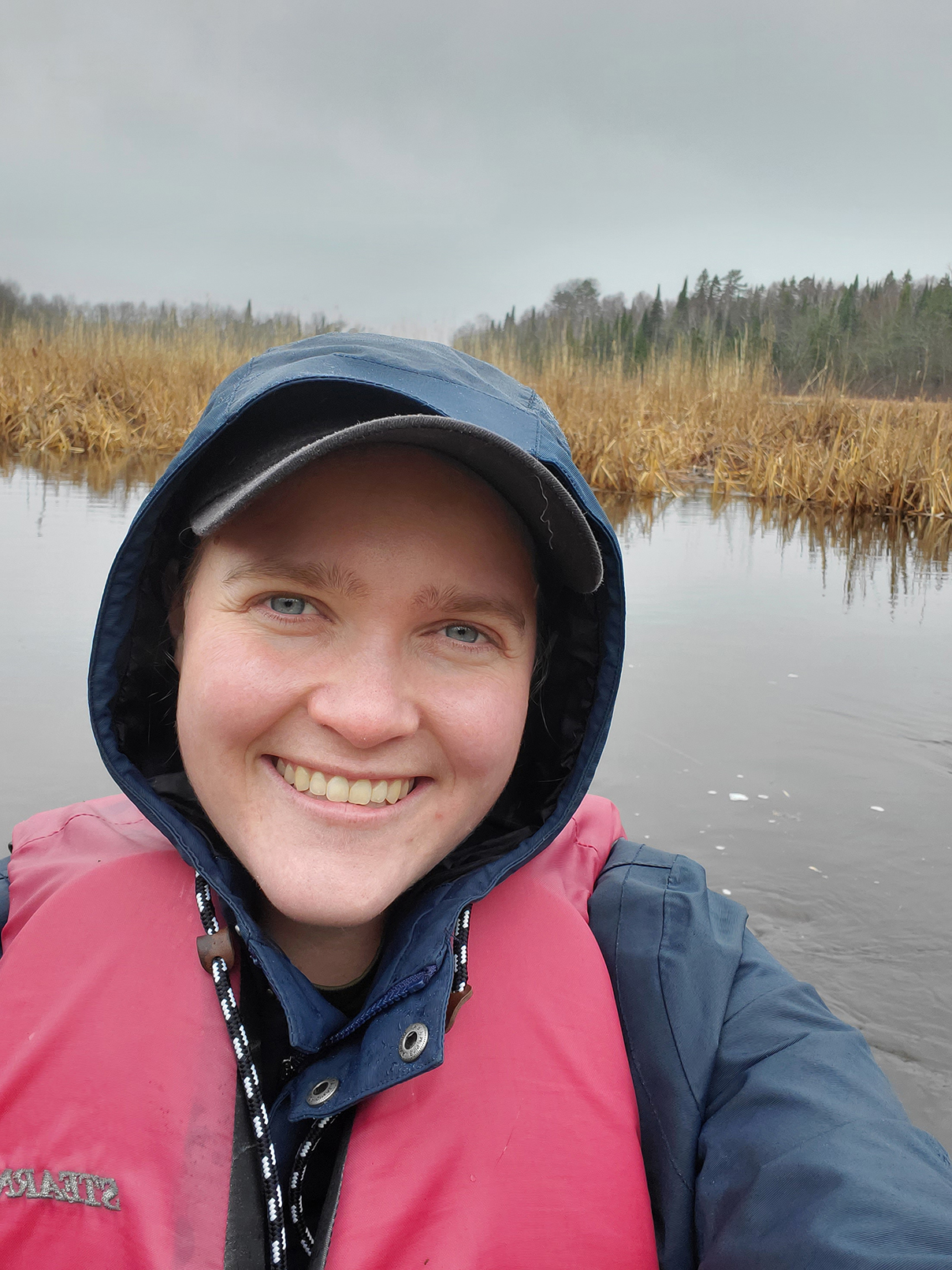 Grace Leppink-Walz is the Water Regulatory Specialist for the Fond du Lac Band of Lake Superior Chippewa in Northern Minnesota. She enforces the Fond du Lac Band’s 401 Water Quality Certification Standards, Environmental Policy, and Wetland Protection & Management Ordinances. She is also Fond du Lac Band’s Coordinator for the St. Louis River Area of Concern which deals with legacy contamination in the St. Louis River and estuary.
Grace Leppink-Walz is the Water Regulatory Specialist for the Fond du Lac Band of Lake Superior Chippewa in Northern Minnesota. She enforces the Fond du Lac Band’s 401 Water Quality Certification Standards, Environmental Policy, and Wetland Protection & Management Ordinances. She is also Fond du Lac Band’s Coordinator for the St. Louis River Area of Concern which deals with legacy contamination in the St. Louis River and estuary.
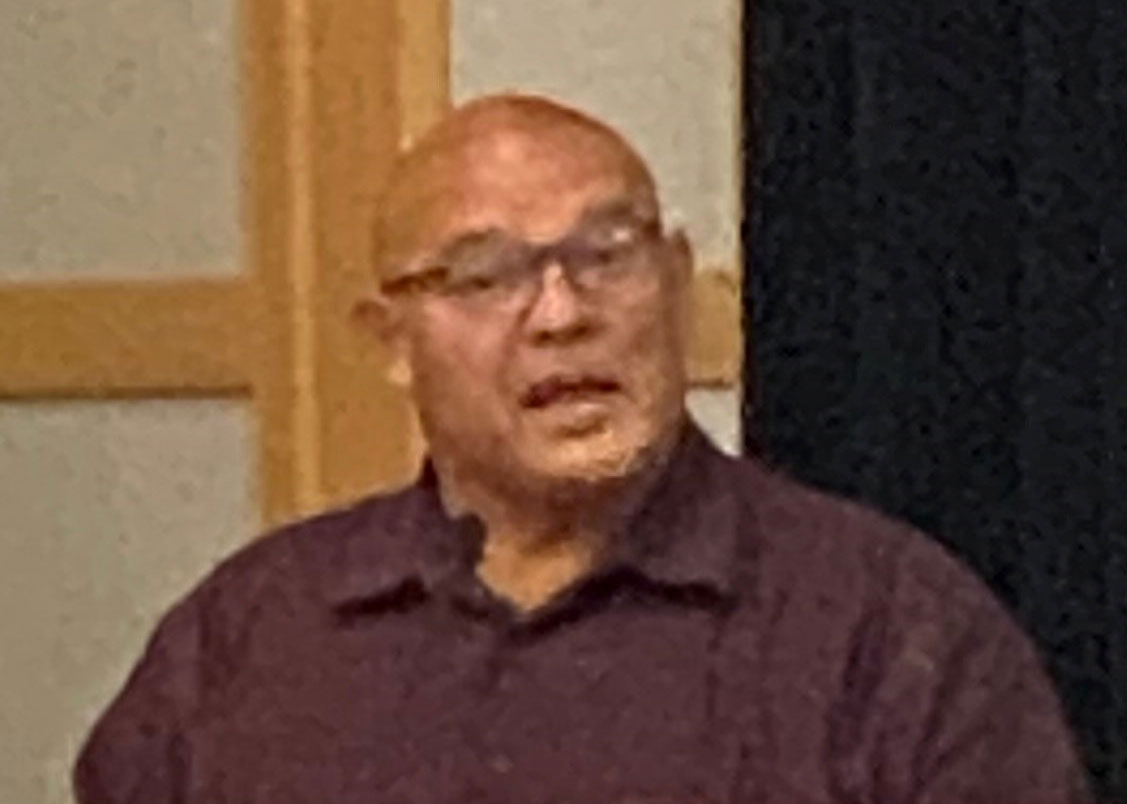 Ken Norton, an enrolled member of the Hoopa Valley Tribe, is Director at Hoopa Valley Tribal Environmental Protection Agency (TEPA). Ken has expertise in water quality and development of water quality standards, having worked in environmental protection since 1980. Over 40 years, Ken has worked as a fishery technician, fishery biologist, water quality coordinator, and director at Hoopa Valley Environmental Department. His educational degree is a Bachelor of Science in Fishery Management. As a fisheries expert, Ken understands the water quality needs of healthy salmon and other river life and is experienced in watershed restoration. As TEPA Director, Ken oversees an array of Tribal water programs and other tribal environmental programs. Between 2004 and 2009, Ken had the honor to serve as Vice-Chair of the National Tribal Operations Committee and lead spokesperson for Tribes on national Tribal/EPA water issues. Currently, Ken serves as the chair of the National Tribal Water Council and advocates for the health and sustainability of clean and safe water for Indian communities, Alaska Native Tribes, and Alaska Native Villages.
Ken Norton, an enrolled member of the Hoopa Valley Tribe, is Director at Hoopa Valley Tribal Environmental Protection Agency (TEPA). Ken has expertise in water quality and development of water quality standards, having worked in environmental protection since 1980. Over 40 years, Ken has worked as a fishery technician, fishery biologist, water quality coordinator, and director at Hoopa Valley Environmental Department. His educational degree is a Bachelor of Science in Fishery Management. As a fisheries expert, Ken understands the water quality needs of healthy salmon and other river life and is experienced in watershed restoration. As TEPA Director, Ken oversees an array of Tribal water programs and other tribal environmental programs. Between 2004 and 2009, Ken had the honor to serve as Vice-Chair of the National Tribal Operations Committee and lead spokesperson for Tribes on national Tribal/EPA water issues. Currently, Ken serves as the chair of the National Tribal Water Council and advocates for the health and sustainability of clean and safe water for Indian communities, Alaska Native Tribes, and Alaska Native Villages.
Please click only once on each video recording to view in this window.

NAWM American Wetlands Month Webinar: Talking about the Clean Water Act Without Getting Bogged Down in the Reeds
Held Wednesday, May 21, 2025 - 3:00-4:30 p.m. EDT
INTRODUCTION
- Marla Stelk, National Association of Wetland Managers [Presentation PDF]
PRESENTERS [Presentation PDF]
- Jim Murphy, National Wildlife Federation
- Lacey McCormick, National Wildlife Federation
ABSTRACT
The National Wildlife Federation was pleased to present the Waters Storytelling Toolkit. The toolkit is meant to be used by local advocates of every stripe -- Tribes, community members, policy experts, etc. -- to help tell the story of why protecting wetlands and smaller streams in their area is important. The presentation gave an overview of the Clean Water Act and the 2023 Sackett Supreme Court decision that revoked protections for streams and wetlands long protected by the law. The toolkit also provides messaging recommendations and describes a variety of potential story frames. Each section has a succinct slide deck and an accompanying video with more discussion and detail. NWF’s ultimate goal is to create a broader base of public support for strong water protections at the local, state and federal levels.
BIOS
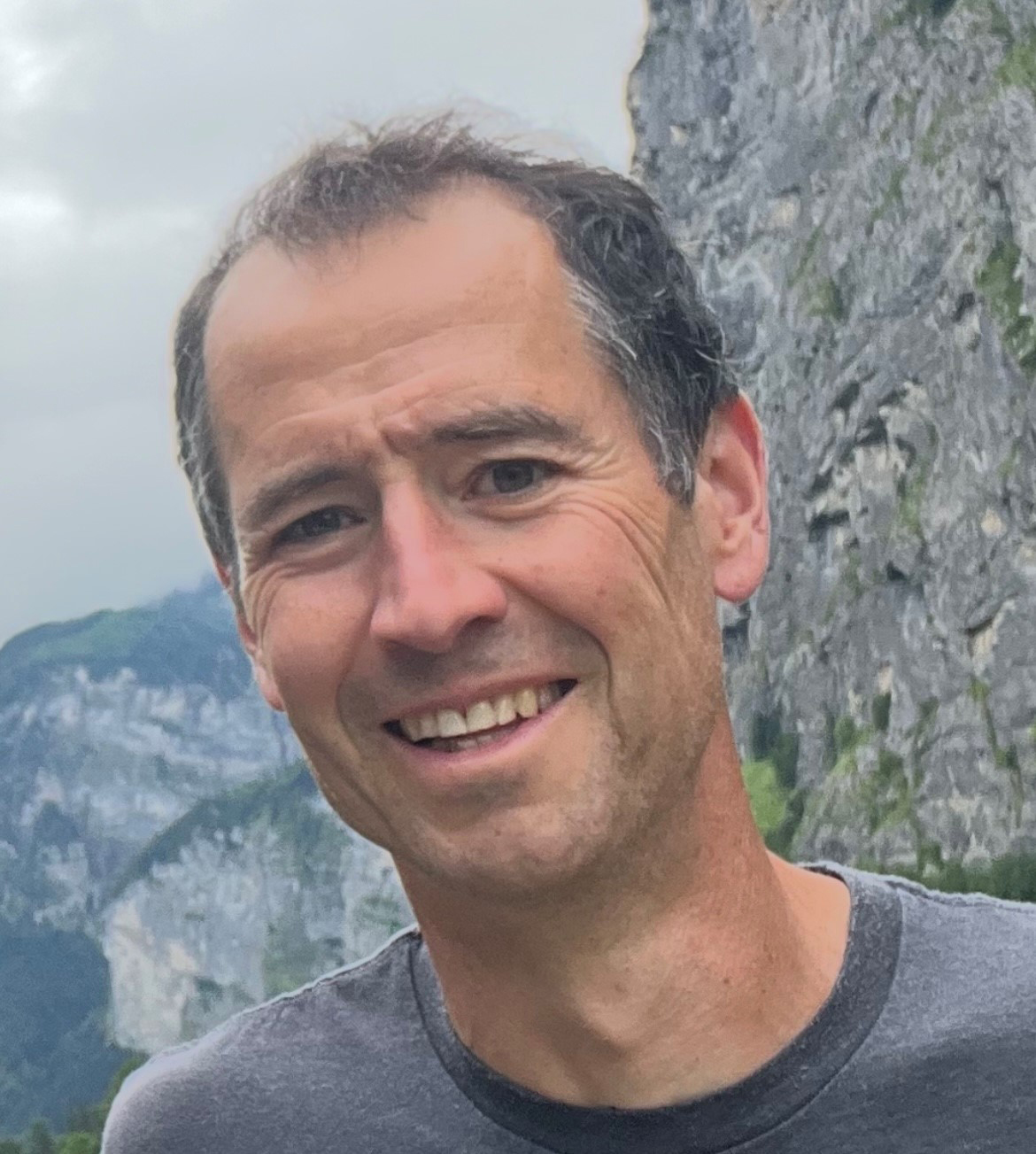
Jim Murphy is the Senior Director of Legal Advocacy with National Wildlife Federation (NWF) where he advances National Wildlife Federation’s legal engagement with the judicial, administrative, and legislative branches of government in order to protect wildlife, with a focus on water, energy, and climate issues including advancing regulatory solutions to carbon pollution, protecting the nation’s waters and wetlands, and promoting clean, wildlife friendly renewable energy. He also serves on several boards, including the Renewable Energy Wildlife Institute, the Vermont Advisory Board for the Conservation Law Foundation which he currently chairs, and is Chair of the Montpelier Roxbury School District Board of Directors. In collaboration with NWF, he directed the Vermont Law School Environmental Advocacy Clinic from 2019-2022 and was an assistant professor at the law school. He has an LL.M., summa cum laude, in Environmental Law from Vermont Law School, a J.D. from Boston College Law School, and B.A. in Political Science and History from the University of Vermont.
 Lacey McCormick leads the National Wildlife Federation’s Clean Water Act defense messaging. Over her two decades at NWF, she has led messaging on a number of other water issues, from the Federation’s years-long effort to hold BP accountable for the Gulf oil disaster to the need to ensure enough water flows in Texas’ streams. She has a master’s degree in Community and Regional Planning from the University of Texas at Austin. She lives in Austin, TX with her husband and two sons.
Lacey McCormick leads the National Wildlife Federation’s Clean Water Act defense messaging. Over her two decades at NWF, she has led messaging on a number of other water issues, from the Federation’s years-long effort to hold BP accountable for the Gulf oil disaster to the need to ensure enough water flows in Texas’ streams. She has a master’s degree in Community and Regional Planning from the University of Texas at Austin. She lives in Austin, TX with her husband and two sons.
Please click only once on each video recording to view in this window.

National Wetland Condition Assessment: Federal and State Perspectives on the 3rd Collaborative Survey of Wetlands in the U.S.
Held Tuesday, March 25, 2025 - 3:00-4:30 p.m. EST
INTRODUCTION
- Ian Grosfelt, National Association of Wetland Managers [Presentation PDF]
PRESENTERS
- Gregg Serenbetz, U.S. Environmental Protection Agency [Presentation PDF]
- Joanna Lemly, Colorado Natural Heritage Program [Presentation PDF]
- Mike Bourdaghs, Minnesota Pollution Control Agency [Presentation PDF]
ABSTRACT
- Less than half of wetland area was rated good, based on an analysis of plant communities.
- Nonnative plants are a widespread concern.
- Physical alterations to wetlands are the most widespread stressors measured.
- Nutrient levels are elevated for some wetlands.
- Microcystins, a type of cyanobacteria toxin, were present, but at very low levels, posing minimal recreational human health concerns.
 Gregg Serenbetz is an Environmental Protection Specialist in U.S. EPA’s Office of Wetlands, Oceans, and Watersheds in Washington, DC. He began his career at EPA working on smart growth and coastal wetland initiatives before shifting to his current focus on wetland monitoring and assessment programs. He has been the project lead for the National Wetland Condition Assessment for the past 10 years.
Gregg Serenbetz is an Environmental Protection Specialist in U.S. EPA’s Office of Wetlands, Oceans, and Watersheds in Washington, DC. He began his career at EPA working on smart growth and coastal wetland initiatives before shifting to his current focus on wetland monitoring and assessment programs. He has been the project lead for the National Wetland Condition Assessment for the past 10 years.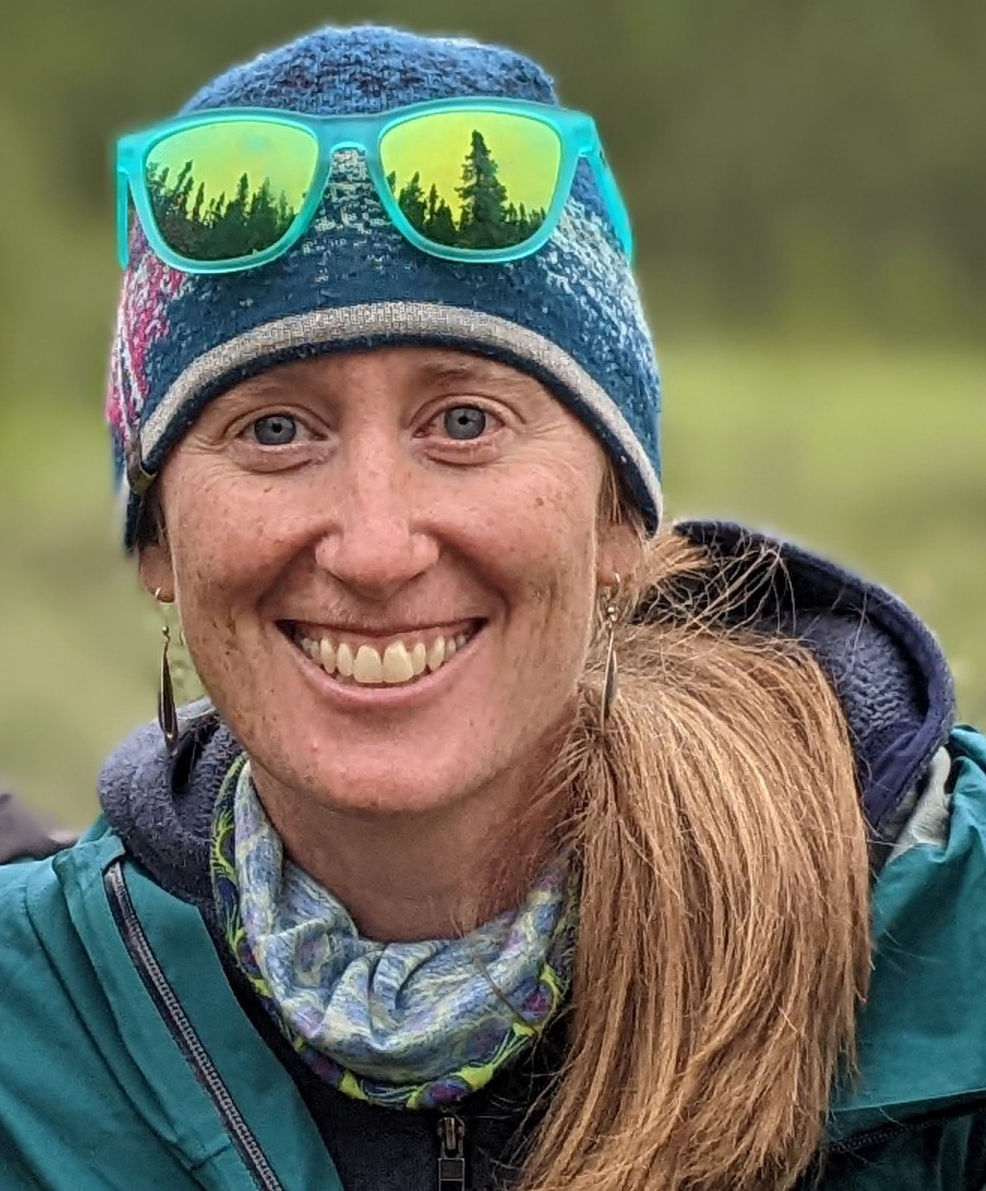 Joanna Lemly is a wetland ecologist with the Colorado Natural Heritage Program at Colorado State University where she leads CNHP’s work on wetland mapping, monitoring, and assessment. Joanna has worked with partners at the federal, state, and local levels to assess the condition of wetlands using both quantitative and qualitative methods, including EPA's National Wetland Condition Assessment (NWCA) and the Bureau of Land Management (BLM)'s Riparian & Wetland Assessment, Inventory, and Monitoring (R&W AIM) program.
Joanna Lemly is a wetland ecologist with the Colorado Natural Heritage Program at Colorado State University where she leads CNHP’s work on wetland mapping, monitoring, and assessment. Joanna has worked with partners at the federal, state, and local levels to assess the condition of wetlands using both quantitative and qualitative methods, including EPA's National Wetland Condition Assessment (NWCA) and the Bureau of Land Management (BLM)'s Riparian & Wetland Assessment, Inventory, and Monitoring (R&W AIM) program.
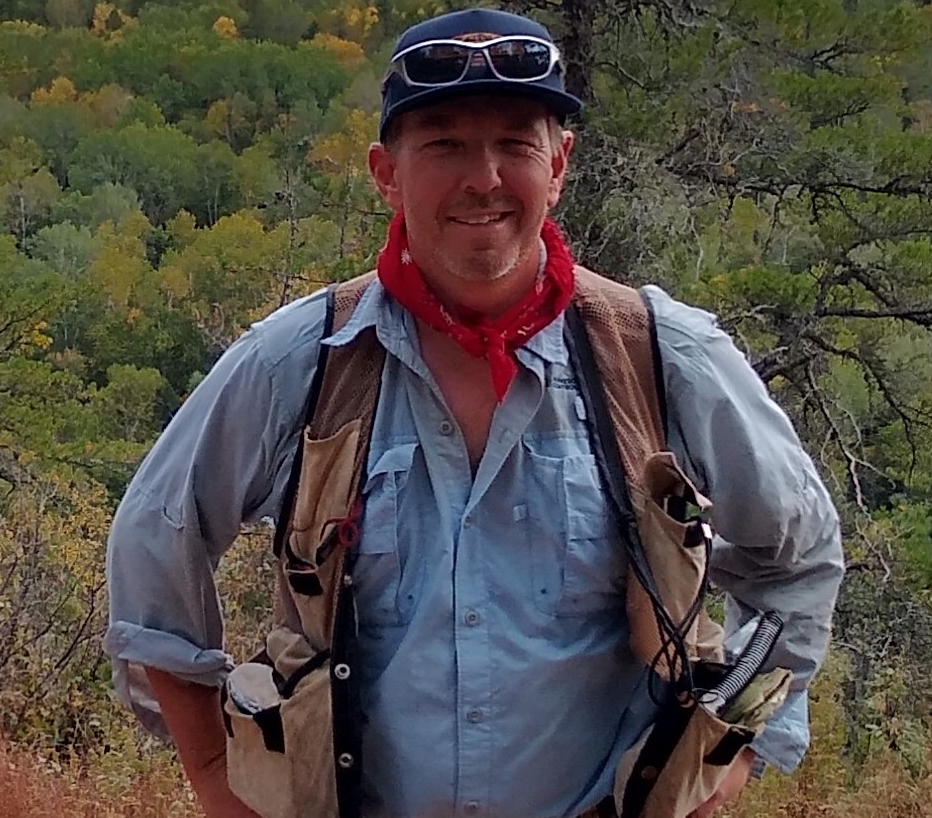 Michael Bourdaghs is an environmental research scientist with the Minnesota Pollution Control Agency where he has led wetland monitoring program development and implementation for the past twenty plus years.
Michael Bourdaghs is an environmental research scientist with the Minnesota Pollution Control Agency where he has led wetland monitoring program development and implementation for the past twenty plus years.
Please click only once on each video recording to view in this window.

Long-Term Management at Mitigation Sites: Overview & Best Practices Part II
Held Tuesday, March 4, 2025 - 3:00-4:30 p.m. EST
INTRODUCTION
- Ian Grosfelt, National Association of Wetland Managers [Presentation PDF]
MODERATOR
- Sara Johnson, Ecological Restoration Business Association (ERBA)
PRESENTERS [Presentation - PDF]
- Greg DeYoung, Westervelt Ecological Services
- Matt Gause, Westervelt Ecological Services
- Merrill Chester Gregg, Texas Parks and Wildlife Foundation
- Steven Martin, Mitigation Specialist, PWS
- Eric Olsen, Gunster
- Stephanie Tom Coupe, National Fish and Wildlife Foundation
BIOS
 Sara Johnson is the Executive Director of the Ecological Restoration Business Association (ERBA). She is an attorney with a background in and passion for solutions to public environmental challenges that blend conservation and economic goals. Through her role with ERBA she advocates for policies that support environmental markets, including opportunities for mitigation, and convenes mitigation providers and agency partners. Prior to her position with ERBA, Johnson worked in the environmental compliance office of Patuxent River Naval Air Station on the Chesapeake Bay and as a law clerk with the Department of Justice, Environment and Natural Resources Division in Washington, D.C. Johnson holds an undergraduate degree in Environmental Studies from the University of Richmond and a Juris Doctorate from the University of Virginia, where she served as the Articles Development Editor of the Virginia Environmental Law Journal. She is licensed to practice law in Virginia and California.
Sara Johnson is the Executive Director of the Ecological Restoration Business Association (ERBA). She is an attorney with a background in and passion for solutions to public environmental challenges that blend conservation and economic goals. Through her role with ERBA she advocates for policies that support environmental markets, including opportunities for mitigation, and convenes mitigation providers and agency partners. Prior to her position with ERBA, Johnson worked in the environmental compliance office of Patuxent River Naval Air Station on the Chesapeake Bay and as a law clerk with the Department of Justice, Environment and Natural Resources Division in Washington, D.C. Johnson holds an undergraduate degree in Environmental Studies from the University of Richmond and a Juris Doctorate from the University of Virginia, where she served as the Articles Development Editor of the Virginia Environmental Law Journal. She is licensed to practice law in Virginia and California.
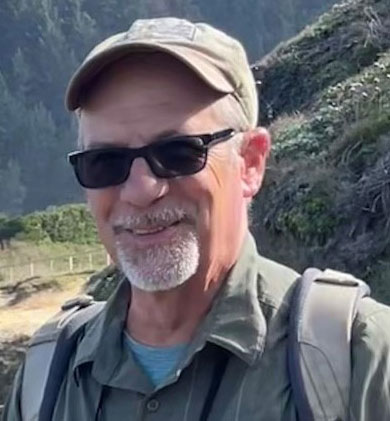 Steven Martin has 35 years of experience with compensatory mitigation, mitigation policy, and evaluation of mitigation projects. He has assisted non-profits and the private sector. He co-authored EPA’s mitigation bank and In-Lieu Fee Program review workbooks and checklists. He collaborated with ERBA and EPIC on quantitative and qualitative analyses of mitigation bank approvals. He is working with 2 ILF programs, the Coastal Virginia Conservancy and the Florida Keys Restoration Fund. He retired from the Corps’ Institute for Water Resources (IWR) as a mitigation specialist. He helped implement and administer RIBITS, taught compensatory mitigation policy and practices and helped developed guides to improve compensatory mitigation.
Steven Martin has 35 years of experience with compensatory mitigation, mitigation policy, and evaluation of mitigation projects. He has assisted non-profits and the private sector. He co-authored EPA’s mitigation bank and In-Lieu Fee Program review workbooks and checklists. He collaborated with ERBA and EPIC on quantitative and qualitative analyses of mitigation bank approvals. He is working with 2 ILF programs, the Coastal Virginia Conservancy and the Florida Keys Restoration Fund. He retired from the Corps’ Institute for Water Resources (IWR) as a mitigation specialist. He helped implement and administer RIBITS, taught compensatory mitigation policy and practices and helped developed guides to improve compensatory mitigation.
 Stephanie Tom Coupe is Senior Director of NFWF’s IDEA department, which receives and administers funds designated for the benefit of specific natural resources that arise from legal and regulatory proceedings. Prior to joining NFWF, Stephanie was a deputy director for the California Department of Fish and Wildlife, where she also served as a lawyer within the Office of General Counsel and graduated from the fish and game warden academy. Stephanie also worked in the Washington, DC Office of the California Governor on natural resources issues. Stephanie received her B.A. from the University of California at Davis and her J.D. from the University of the Pacific’s McGeorge School of Law.
Stephanie Tom Coupe is Senior Director of NFWF’s IDEA department, which receives and administers funds designated for the benefit of specific natural resources that arise from legal and regulatory proceedings. Prior to joining NFWF, Stephanie was a deputy director for the California Department of Fish and Wildlife, where she also served as a lawyer within the Office of General Counsel and graduated from the fish and game warden academy. Stephanie also worked in the Washington, DC Office of the California Governor on natural resources issues. Stephanie received her B.A. from the University of California at Davis and her J.D. from the University of the Pacific’s McGeorge School of Law.
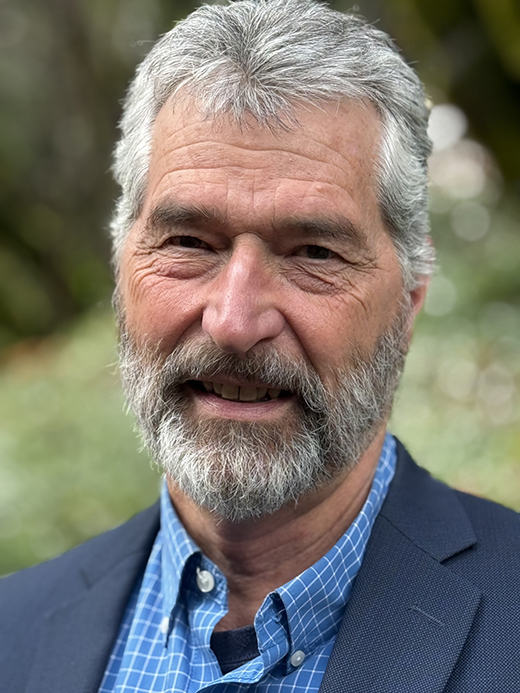 Greg DeYoung is a co-founder of Westervelt Ecological Services. Greg has four decades of experience in planning, environmental review, wetland mitigation, and endangered species conservation. His background includes the permitting of mitigation and conservation banks and large-scale mitigation projects in the West, the Rocky Mountains, and the Southeast. He is Vice President Emeritus, Westervelt Ecological Services, and also currently serves as Past President of the Ecological Restoration Business Association (ERBA). Greg has been a director for three non-profit conservation organizations: The Nevada County Land Trust, the Wildlife Heritage Foundation, and the Whitney Oaks Wetland Conservancy. Mr. DeYoung holds a Bachelor’s degree in Environmental Biology from the University of California, Santa Barbara and a Master’s degree in Urban Planning from the California State Polytechnic University, Pomona. He is a member of the American Institute of Certified Planners (AICP).
Greg DeYoung is a co-founder of Westervelt Ecological Services. Greg has four decades of experience in planning, environmental review, wetland mitigation, and endangered species conservation. His background includes the permitting of mitigation and conservation banks and large-scale mitigation projects in the West, the Rocky Mountains, and the Southeast. He is Vice President Emeritus, Westervelt Ecological Services, and also currently serves as Past President of the Ecological Restoration Business Association (ERBA). Greg has been a director for three non-profit conservation organizations: The Nevada County Land Trust, the Wildlife Heritage Foundation, and the Whitney Oaks Wetland Conservancy. Mr. DeYoung holds a Bachelor’s degree in Environmental Biology from the University of California, Santa Barbara and a Master’s degree in Urban Planning from the California State Polytechnic University, Pomona. He is a member of the American Institute of Certified Planners (AICP).  Merrill Gregg is the Director of Investments and Special Projects at Texas Parks and Wildlife Foundation based in Dallas where she has worked for the past nine years. In this role, Merrill focuses on land protection, developing innovative conservation finance models, and leads oversight of the Foundation’s investment portfolio and mitigation bank endowments. Merrill also consults private foundations on conservation initiatives and is an active volunteer with park-focused organizations. Merrill serves on the board of Streams & Valleys and is an advisor for Good Natured, Mayor Mattie Parker’s effort to expand greenspace in Fort Worth, one of the fastest growing cities in the US. Merrill previously served on the board and finance committee of the Yellowstone to Yukon Conservation Initiative, a joint Canada-U.S. nonprofit organization that works to protect one of the last intact mountain ecosystems left on Earth. Before her career in the nonprofit sector, Merrill worked in the investment banking industry in New York City and Hong Kong. She holds an AB in History and American Studies from Princeton University.
Merrill Gregg is the Director of Investments and Special Projects at Texas Parks and Wildlife Foundation based in Dallas where she has worked for the past nine years. In this role, Merrill focuses on land protection, developing innovative conservation finance models, and leads oversight of the Foundation’s investment portfolio and mitigation bank endowments. Merrill also consults private foundations on conservation initiatives and is an active volunteer with park-focused organizations. Merrill serves on the board of Streams & Valleys and is an advisor for Good Natured, Mayor Mattie Parker’s effort to expand greenspace in Fort Worth, one of the fastest growing cities in the US. Merrill previously served on the board and finance committee of the Yellowstone to Yukon Conservation Initiative, a joint Canada-U.S. nonprofit organization that works to protect one of the last intact mountain ecosystems left on Earth. Before her career in the nonprofit sector, Merrill worked in the investment banking industry in New York City and Hong Kong. She holds an AB in History and American Studies from Princeton University. 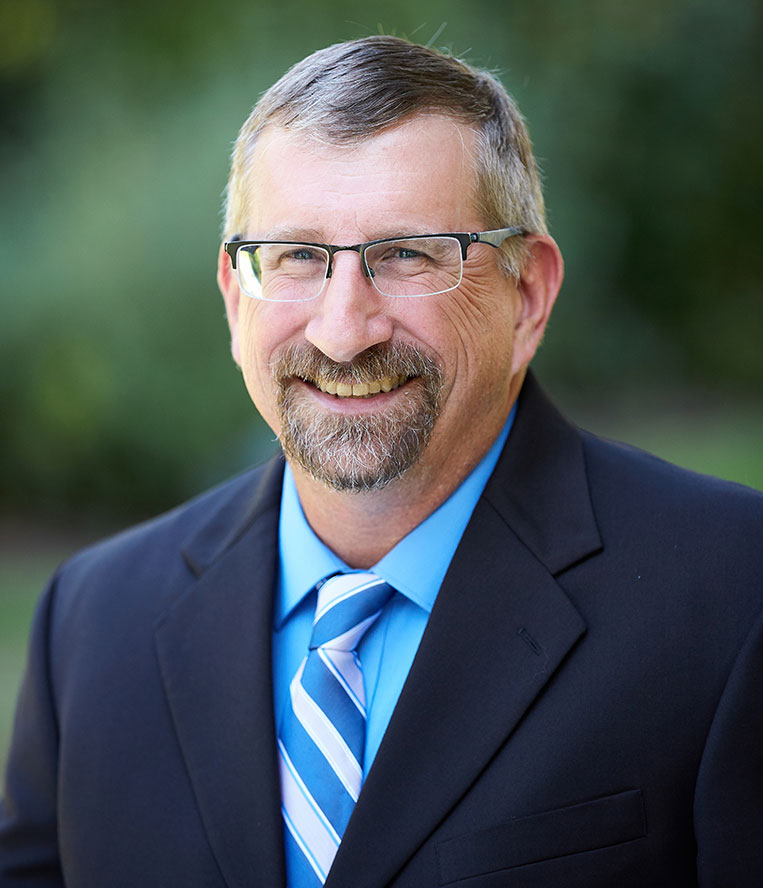 Matt Gause is the Director of Operations for Westervelt Ecological Services and oversees land stewardship and ecological resource management on over 20,000 acres of conserved mitigation land across more than a dozen states in the US. Mr Gause is a restoration ecologist and botanist and has over thirty years of direct experience with habitat restoration, conservation, and long-term land stewardship of conserved lands. Prior to his current position Mr. Gause served as the Director of Land Stewardship and Ecological Resources for Westervelt.
Matt Gause is the Director of Operations for Westervelt Ecological Services and oversees land stewardship and ecological resource management on over 20,000 acres of conserved mitigation land across more than a dozen states in the US. Mr Gause is a restoration ecologist and botanist and has over thirty years of direct experience with habitat restoration, conservation, and long-term land stewardship of conserved lands. Prior to his current position Mr. Gause served as the Director of Land Stewardship and Ecological Resources for Westervelt.
Please click only once on each video recording to view in this window.

Long-Term Management at Mitigation Sites: Overview & Best Practices Part I
Held Tuesday, February 11, 2025 - 3:00-4:30 p.m. EST
INTRODUCTION
- Ian Grosfelt, National Association of Wetland Managers [Presentation PDF]
- Sara Johnson, Ecological Restoration Business Association
PRESENTERS [Presentation PDF]
- Michelle Mattson, U.S. Army Corps of Engineers
- Ken Powell, Minnesota Board of Water and Soil Resources
- Matt Gause, Westervelt
ABSTRACTS
Michell Mattson
The presentation provided an overview of the requirements of the Corps’ and EPA 2008 Mitigation Rule and USFWS 2003 Conservation Bank Guidelines as they relate to aspects of long-term management (LTM) planning; the Why, What, When and Who of LTM of compensatory mitigation sites, including the importance of LTM planning to sustain target ecosystem functions and services and the potential risks of not adequately providing LTM.
Ken Powell
Ken described key aspects of long-term management and monitoring associated with wetland banks in Minnesota under the state’s Wetland Conservation Act including the state’s long-term stewardship fund.
Matt Gause
In part I of the LTM webinar Mr. Gause discussed the contents of a Long-term Management Plan and best practices for arranging for long-term stewardship at a mitigation site. In Part II Mr. Gause will be describing a method that can be used to estimate and arrive at an initial funding amount for the long-term stewardship fund (Endowment).
BIOS
 Michelle Lee Mattson is an ecologist with over 25 years of professional experience in ecosystem restoration, site assessment, and regulatory compliance as a consultant and Corps' regulator. Michelle is a compensatory mitigation subject matter expert (SME) for the Corps’ Institute for Water Resources (IWR) Regulatory Team supporting national and regional training courses. She has spent her career in the field working with restoration teams to design, install and monitor restoration projects and programs including developing mitigation banks and in-lieu fee programs. Michelle is also part of the Sustainable Rivers Program (SRP) tram, a partnership between the Corps and The Nature Conservancy (TNC) to provide funding to Corps’ Districts to evaluate, test, and implement operational changes at existing infrastructure to improve environmental responses.
Michelle Lee Mattson is an ecologist with over 25 years of professional experience in ecosystem restoration, site assessment, and regulatory compliance as a consultant and Corps' regulator. Michelle is a compensatory mitigation subject matter expert (SME) for the Corps’ Institute for Water Resources (IWR) Regulatory Team supporting national and regional training courses. She has spent her career in the field working with restoration teams to design, install and monitor restoration projects and programs including developing mitigation banks and in-lieu fee programs. Michelle is also part of the Sustainable Rivers Program (SRP) tram, a partnership between the Corps and The Nature Conservancy (TNC) to provide funding to Corps’ Districts to evaluate, test, and implement operational changes at existing infrastructure to improve environmental responses.
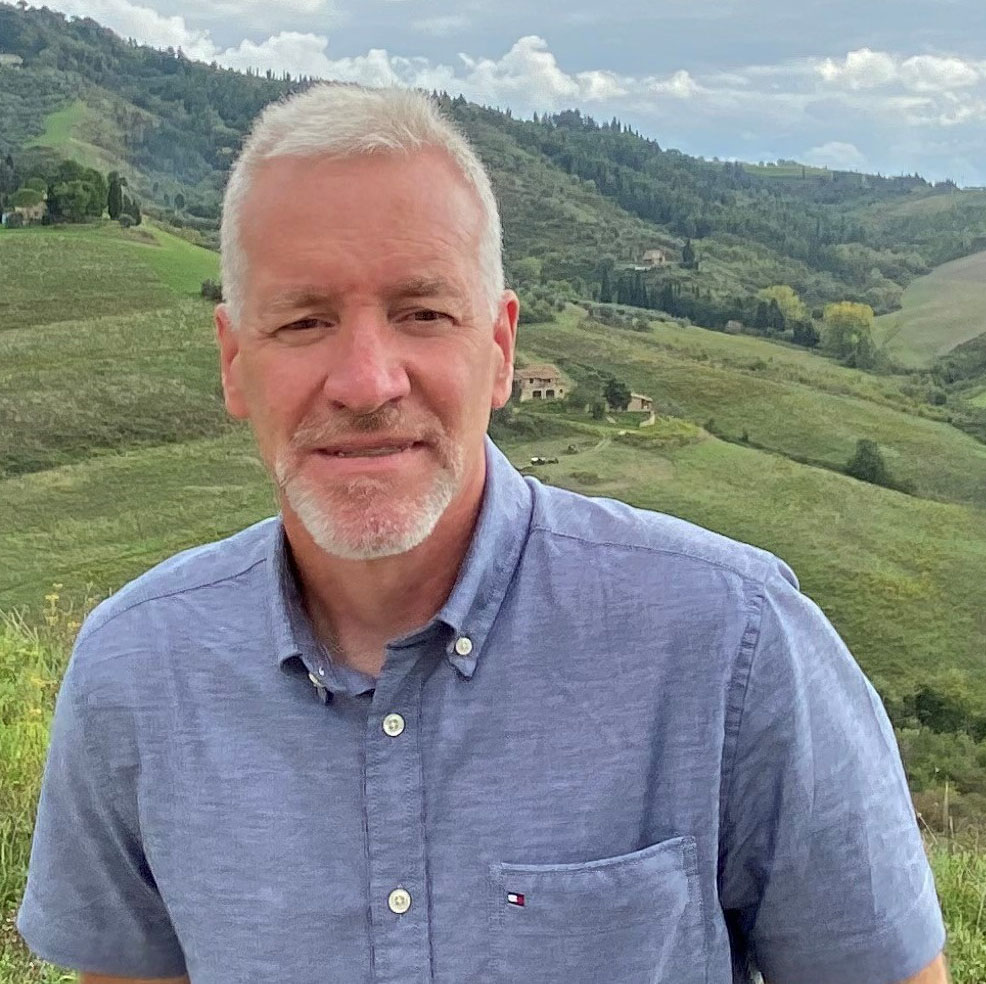 Ken Powell supervises Minnesota’s primary wetland regulatory program, the Minnesota Wetland Conservation Act. Ken is a professional wetland scientist and certified wildlife biologist with 30 years of experience working with wetlands in Minnesota and the upper Midwest.
Ken Powell supervises Minnesota’s primary wetland regulatory program, the Minnesota Wetland Conservation Act. Ken is a professional wetland scientist and certified wildlife biologist with 30 years of experience working with wetlands in Minnesota and the upper Midwest.
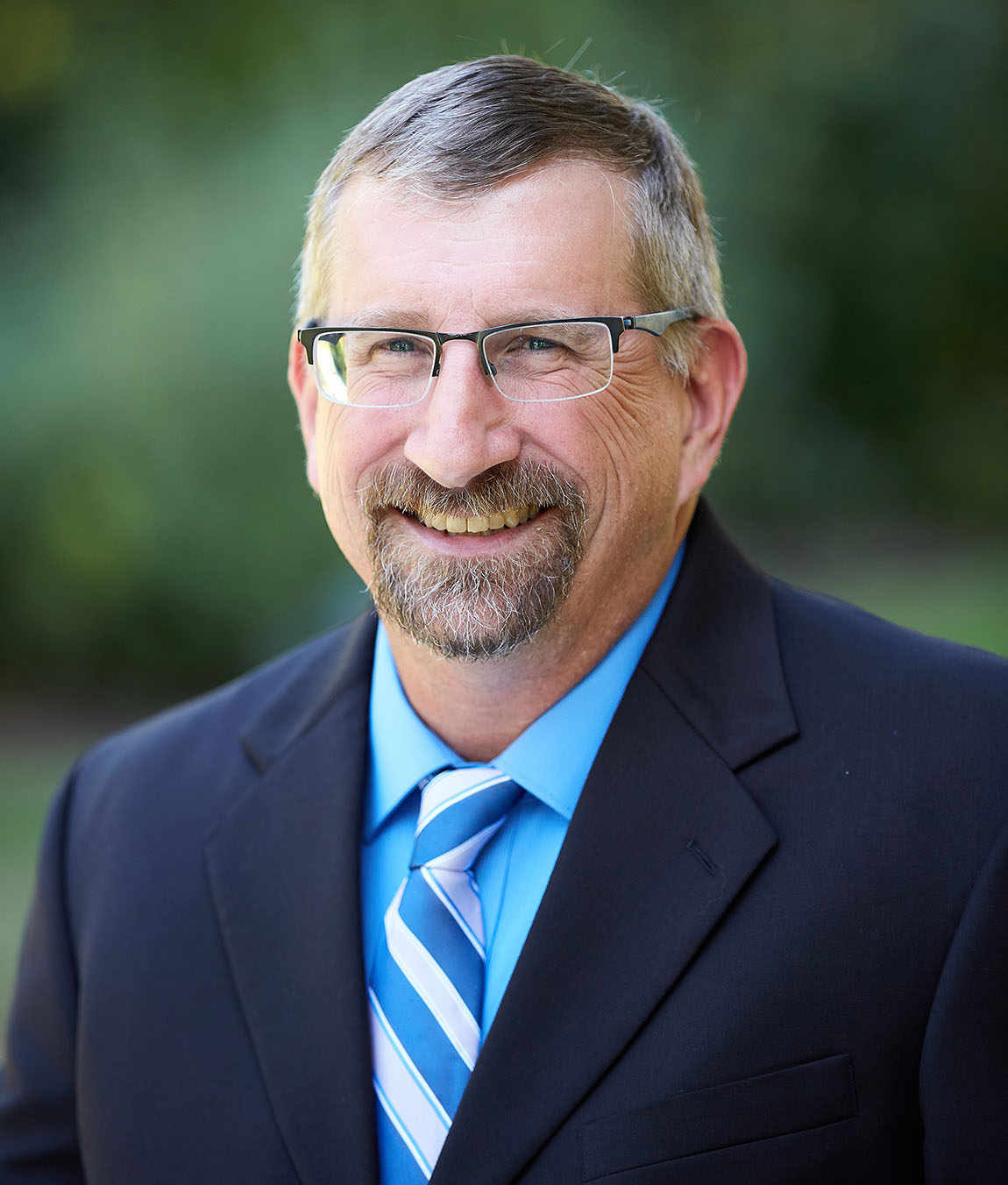 Matt Gause is the Director of Operations for Westervelt Ecological Services and oversees land stewardship and ecological resource management on over 20,000 acres of conserved mitigation land across more than a dozen states in the US. Mr. Gause is a restoration ecologist and botanist and has over thirty years of direct experience with habitat restoration, conservation, and long-term land stewardship of conserved lands. Prior to his current position Mr. Gause served as the Director of Land Stewardship and Ecological Resources for Westervelt.
Matt Gause is the Director of Operations for Westervelt Ecological Services and oversees land stewardship and ecological resource management on over 20,000 acres of conserved mitigation land across more than a dozen states in the US. Mr. Gause is a restoration ecologist and botanist and has over thirty years of direct experience with habitat restoration, conservation, and long-term land stewardship of conserved lands. Prior to his current position Mr. Gause served as the Director of Land Stewardship and Ecological Resources for Westervelt.
Please click only once on each video recording to view in this window.
![]()
PDF List of Past Hot Topics Webinar Recordings Here
View Upcoming Hot Topics Webinars
